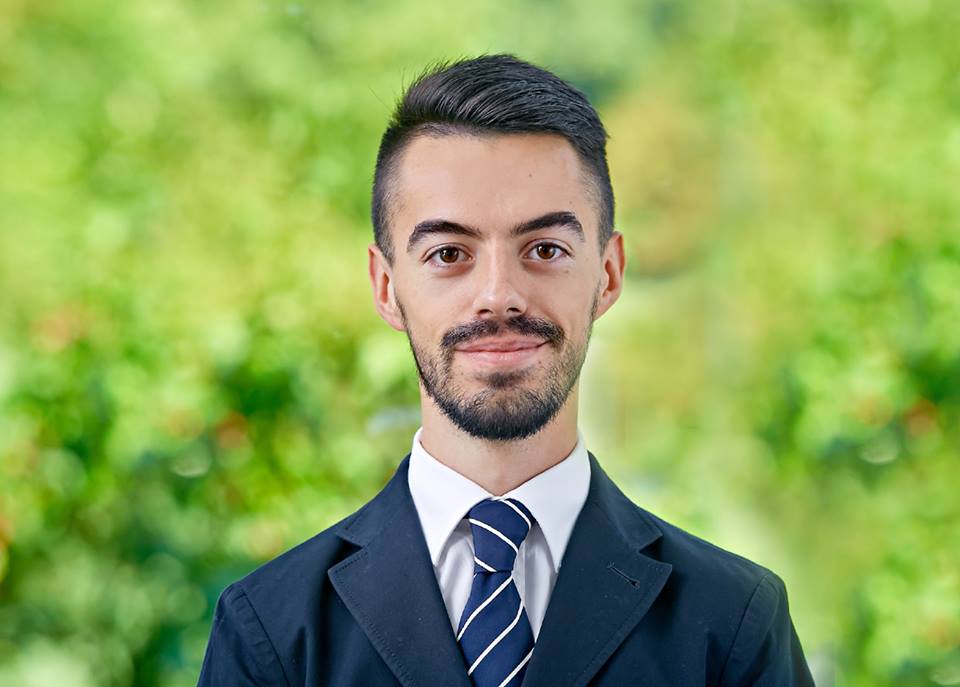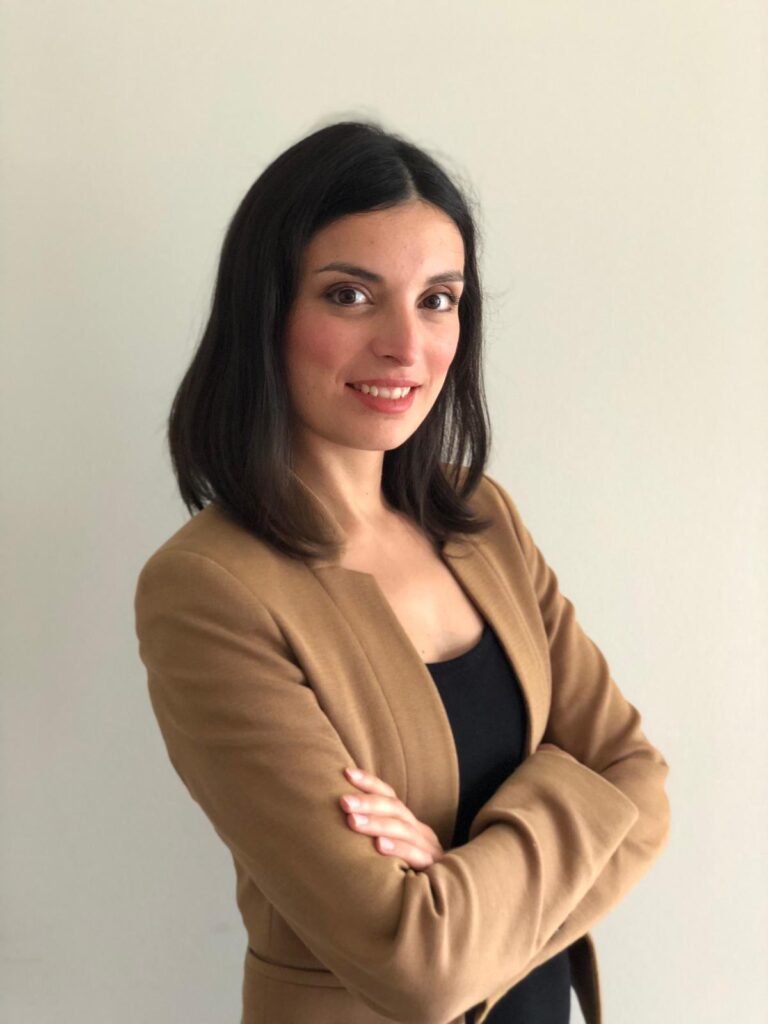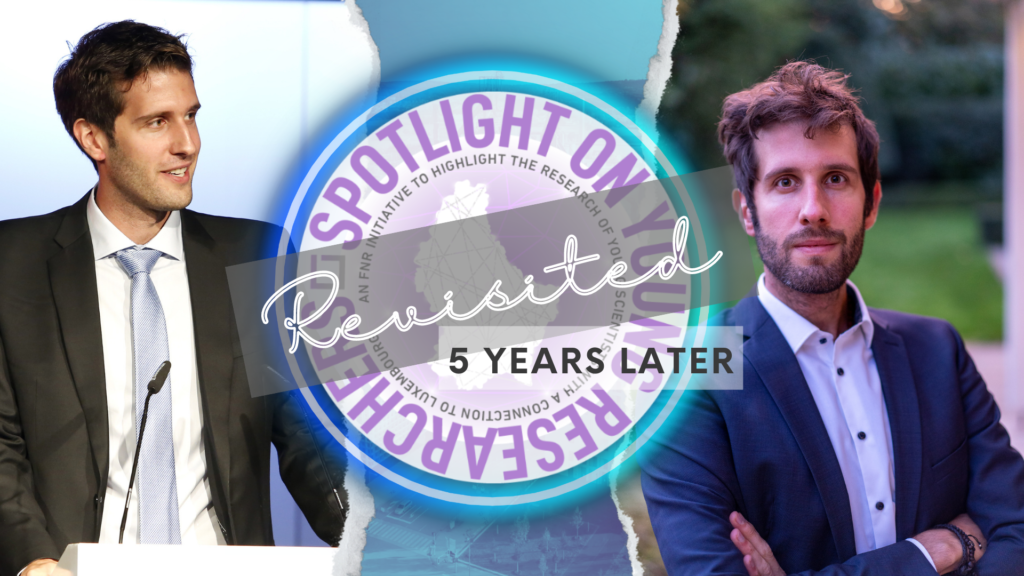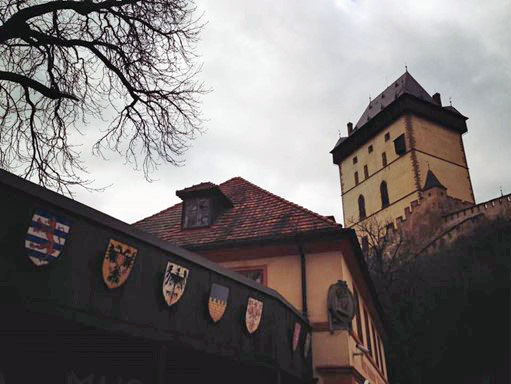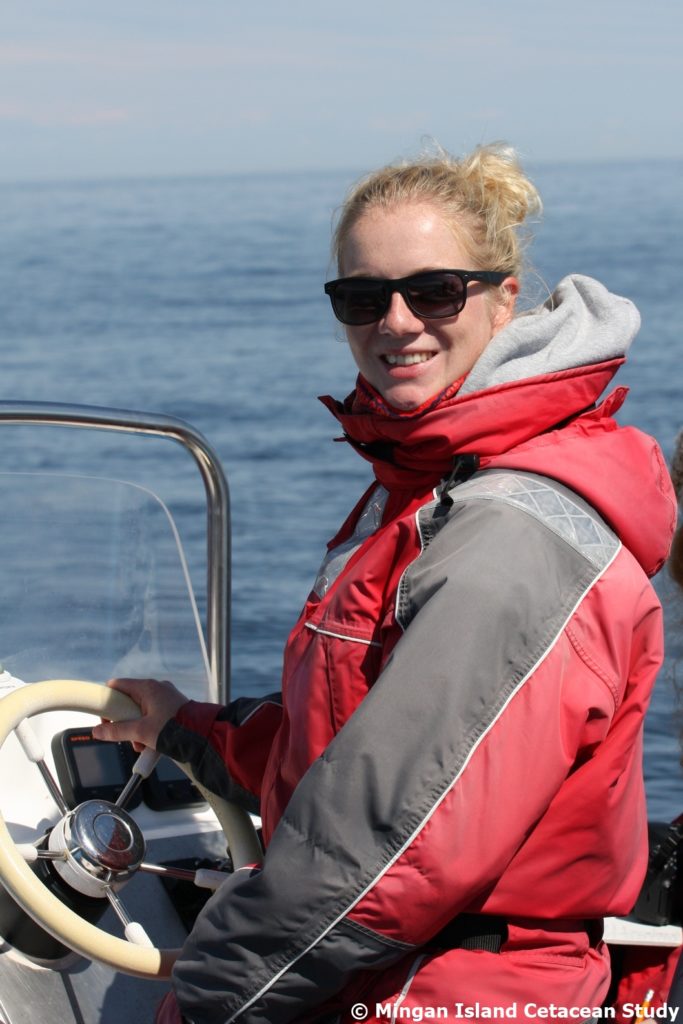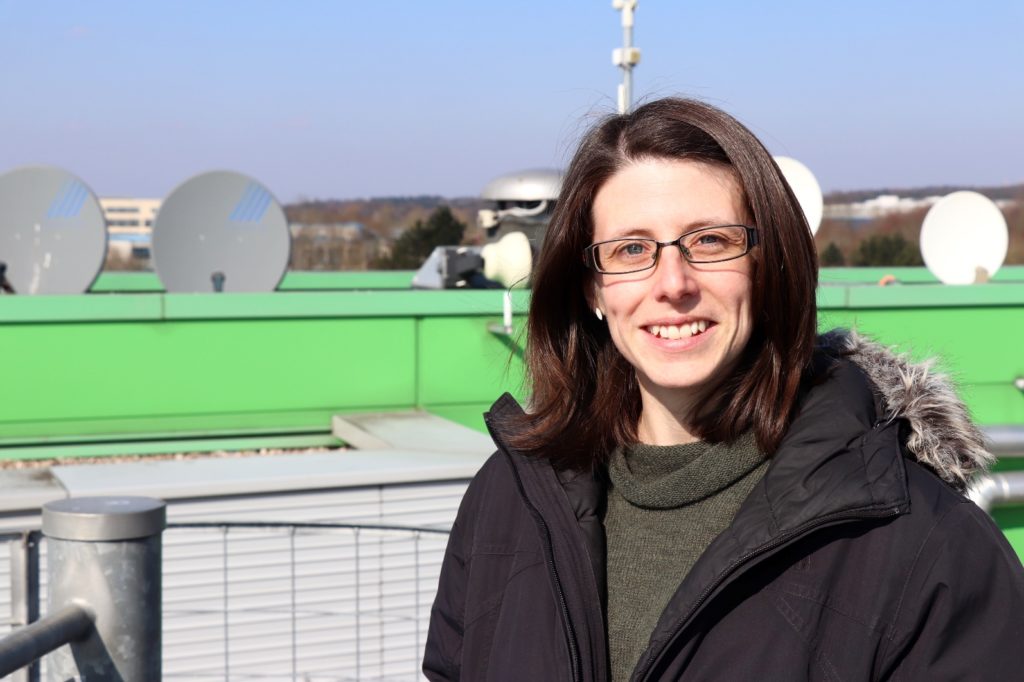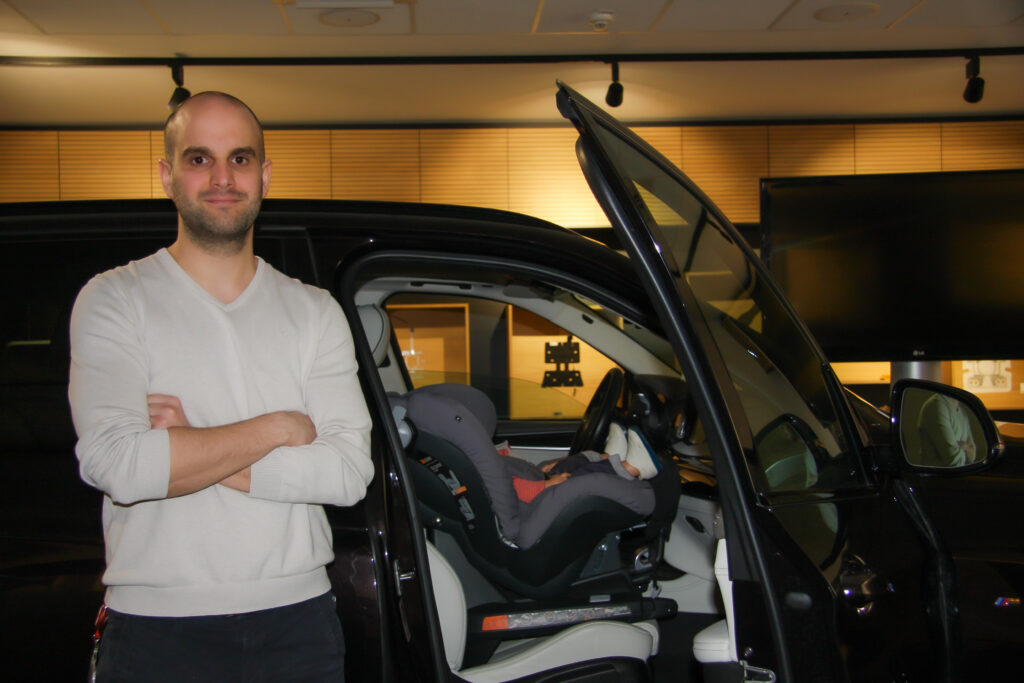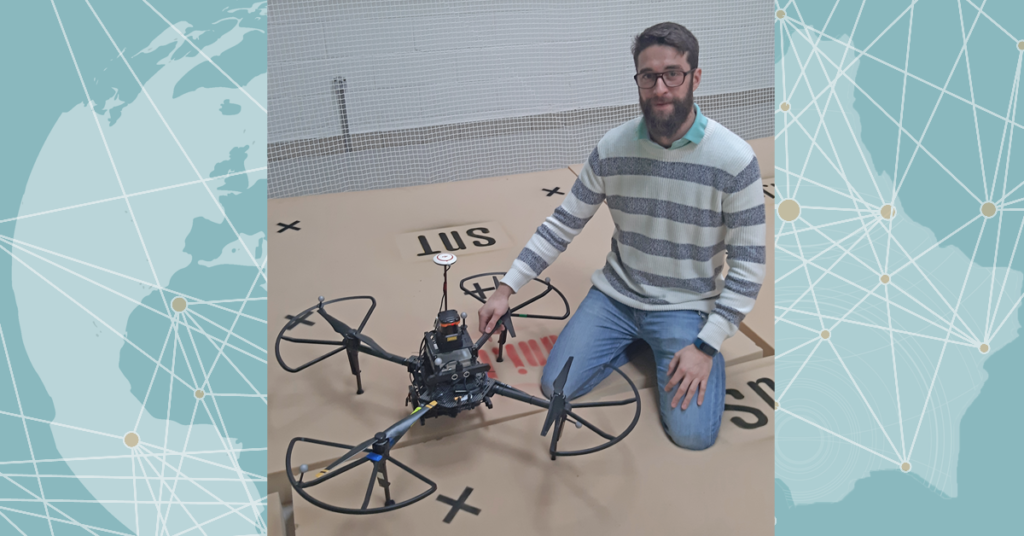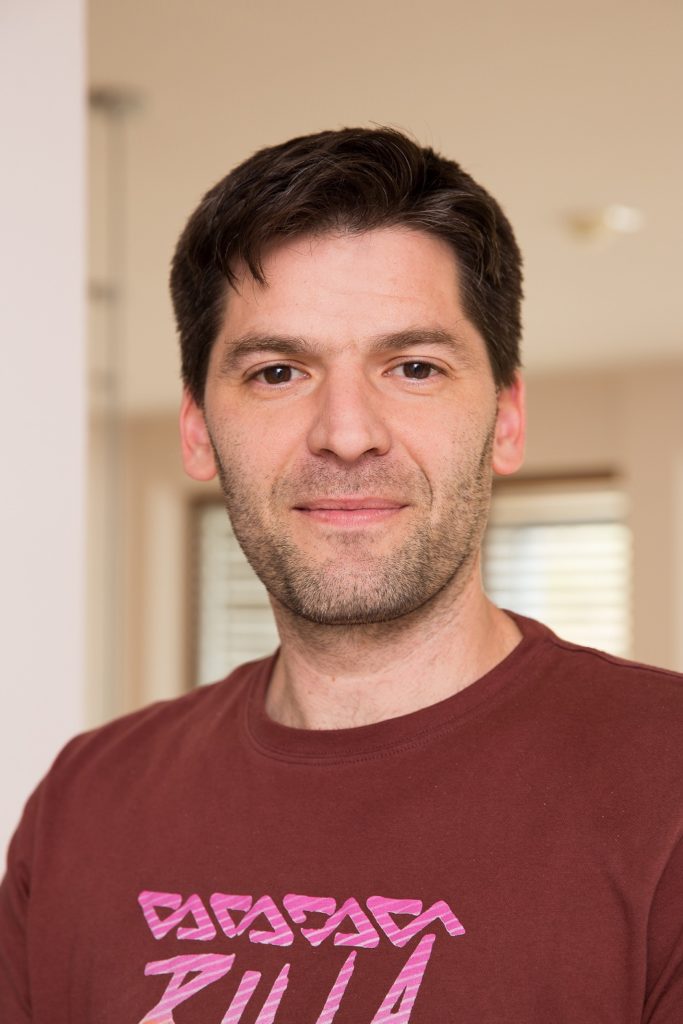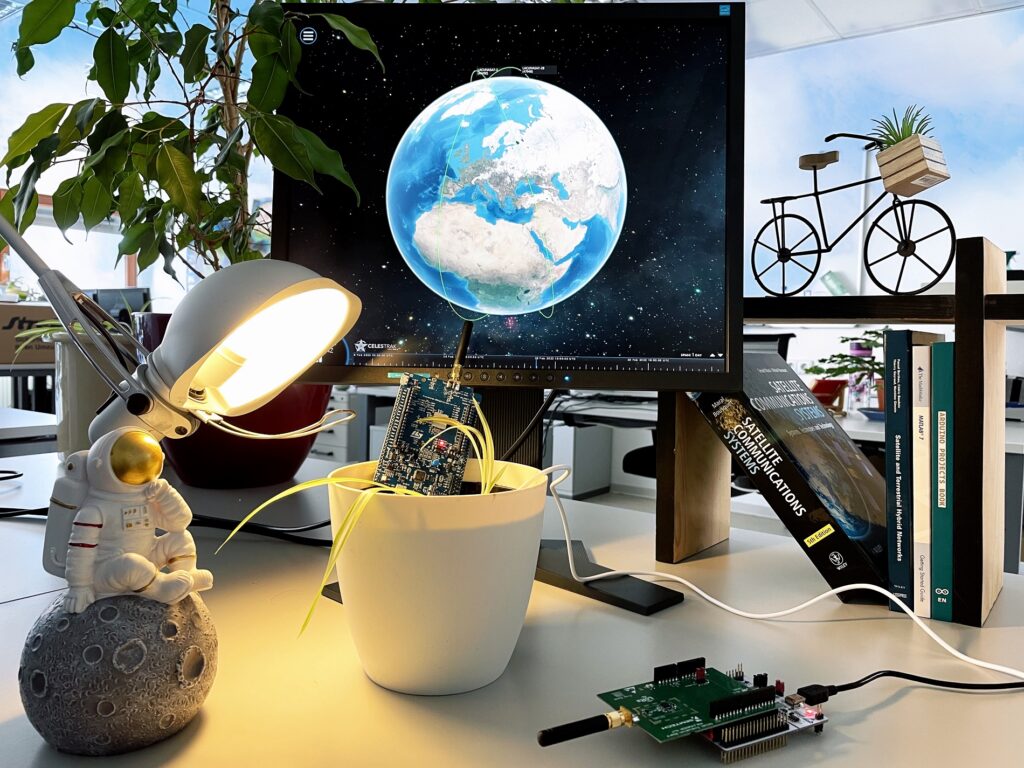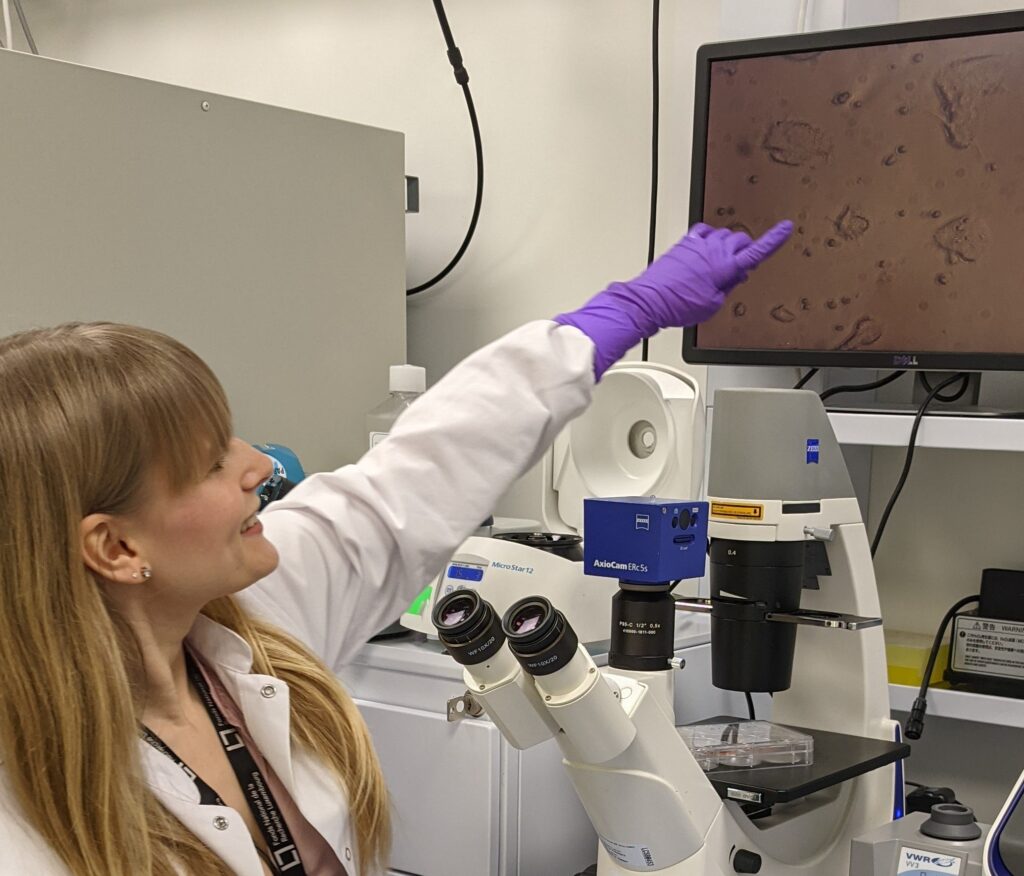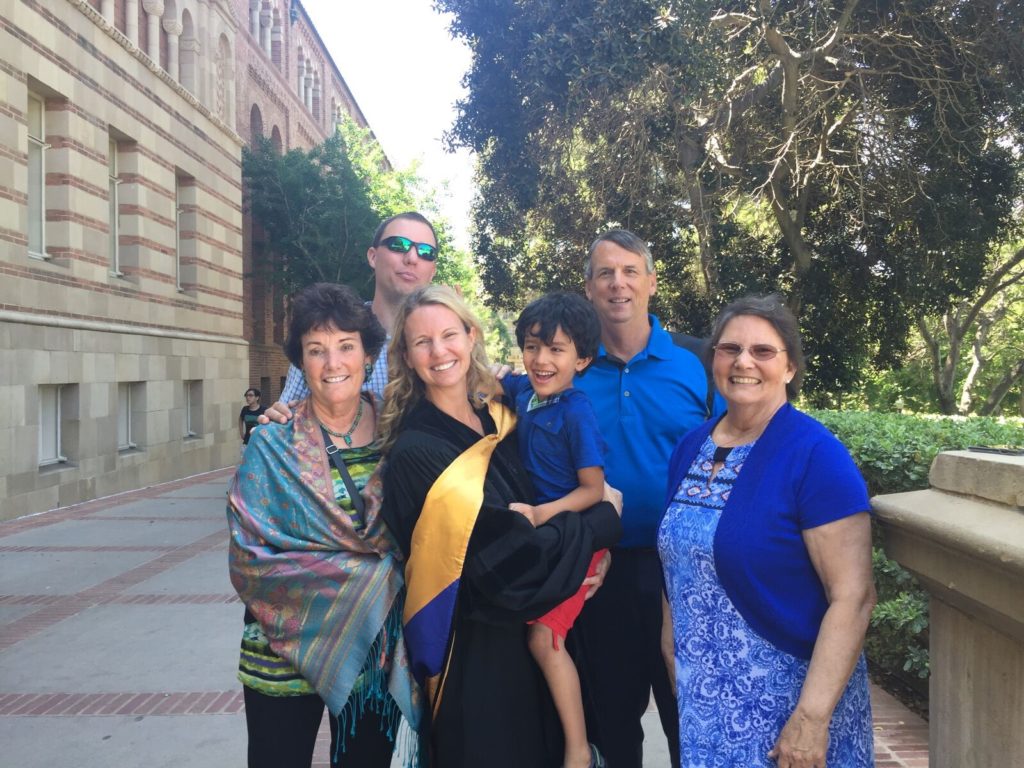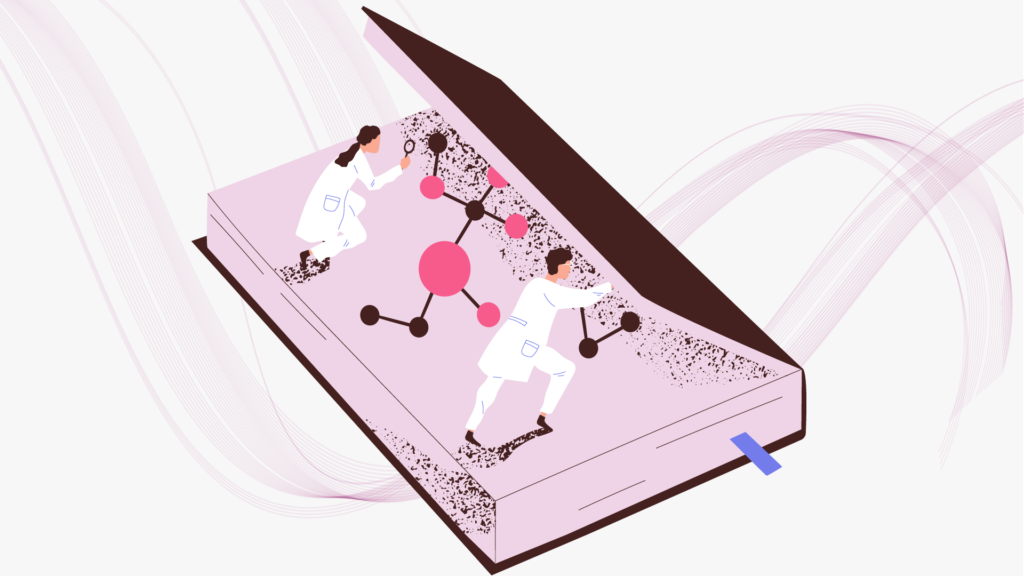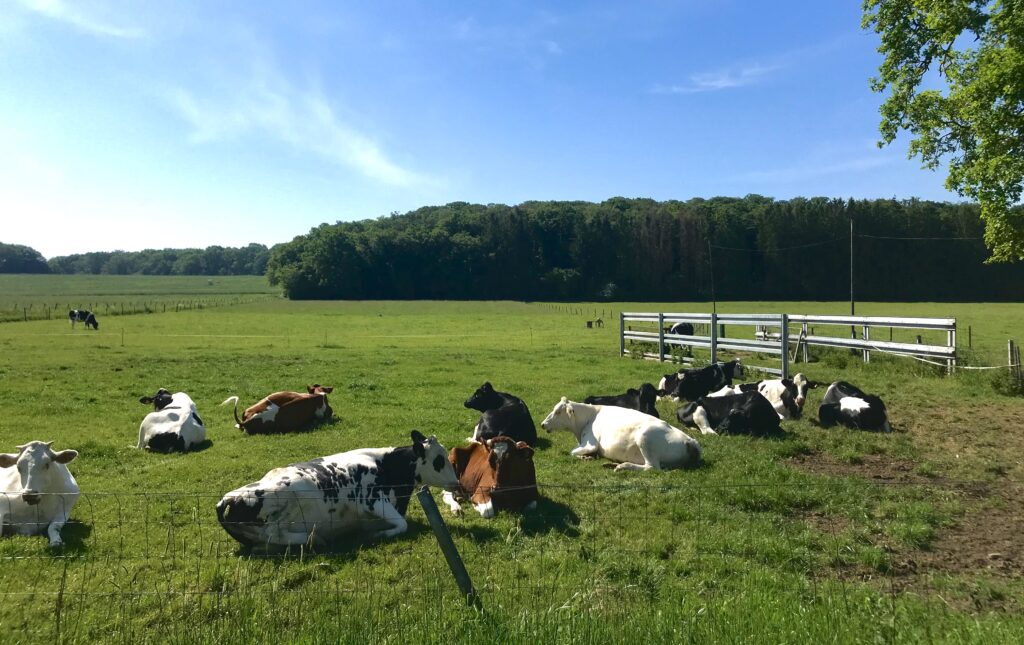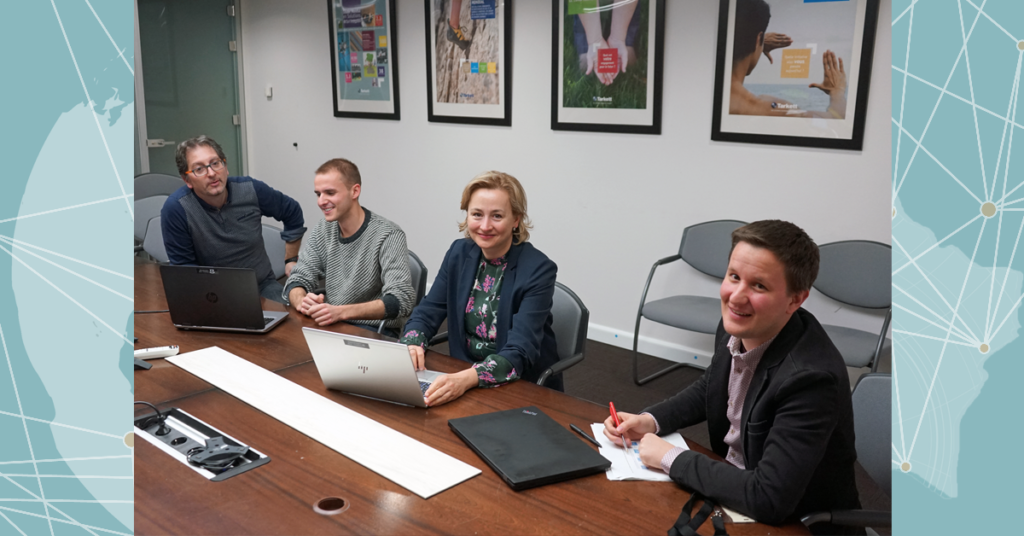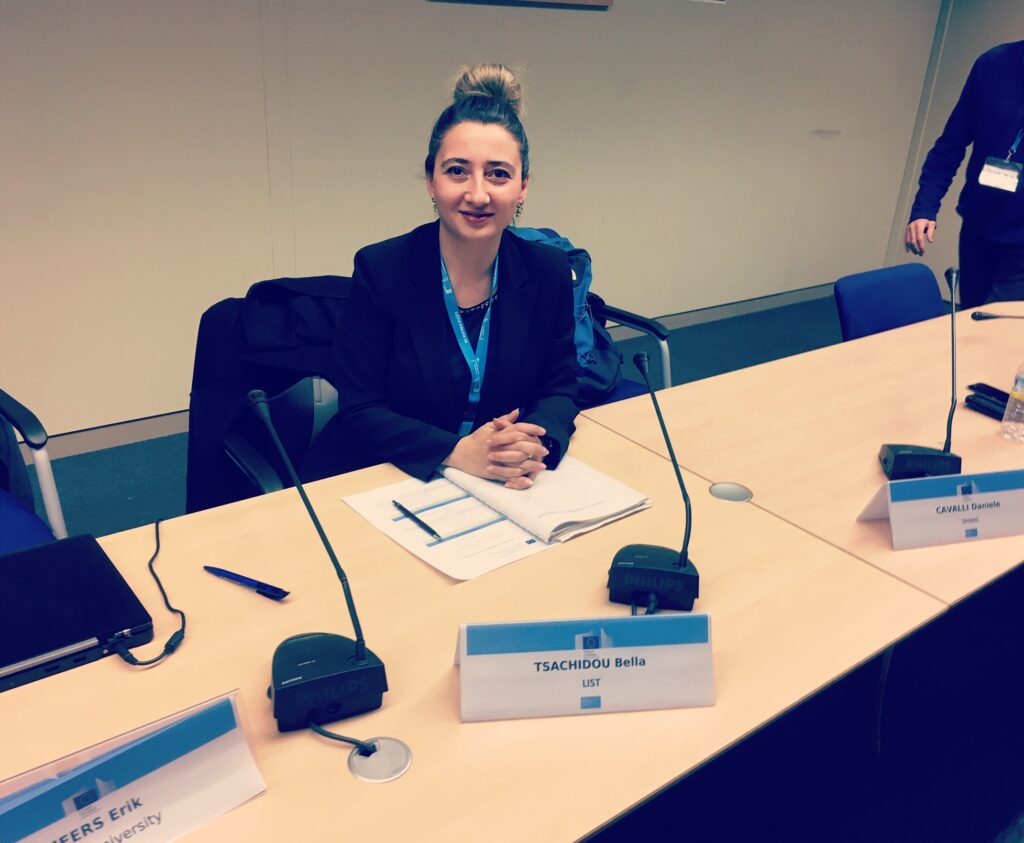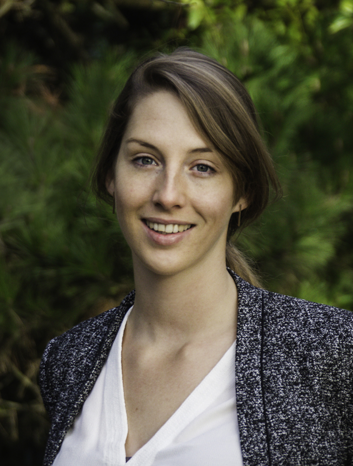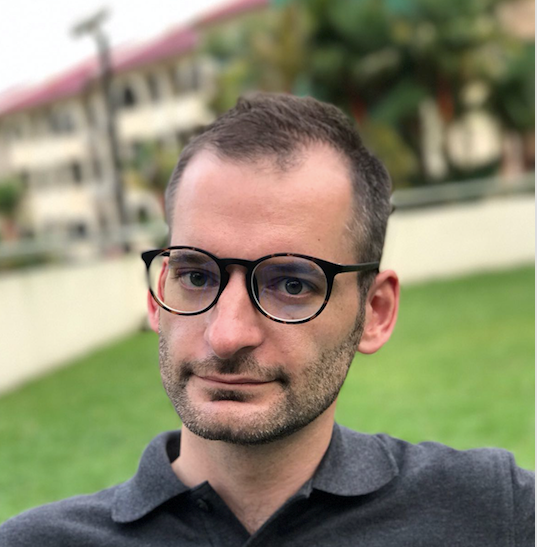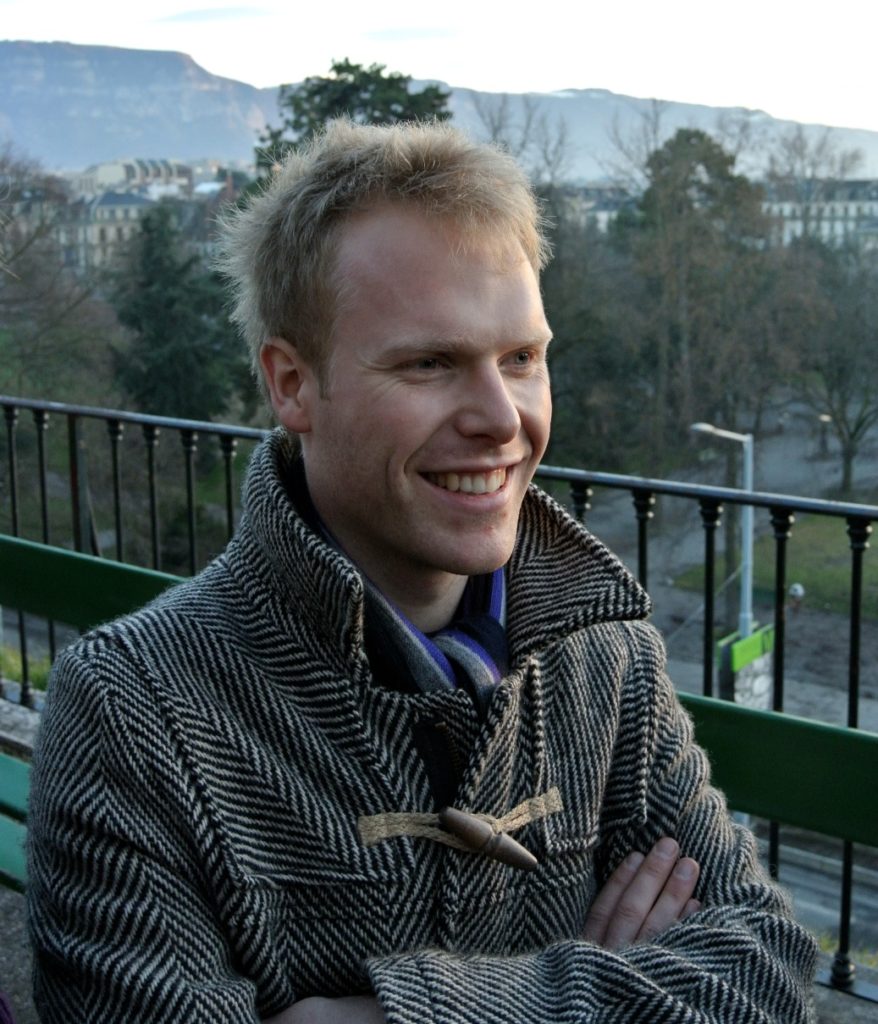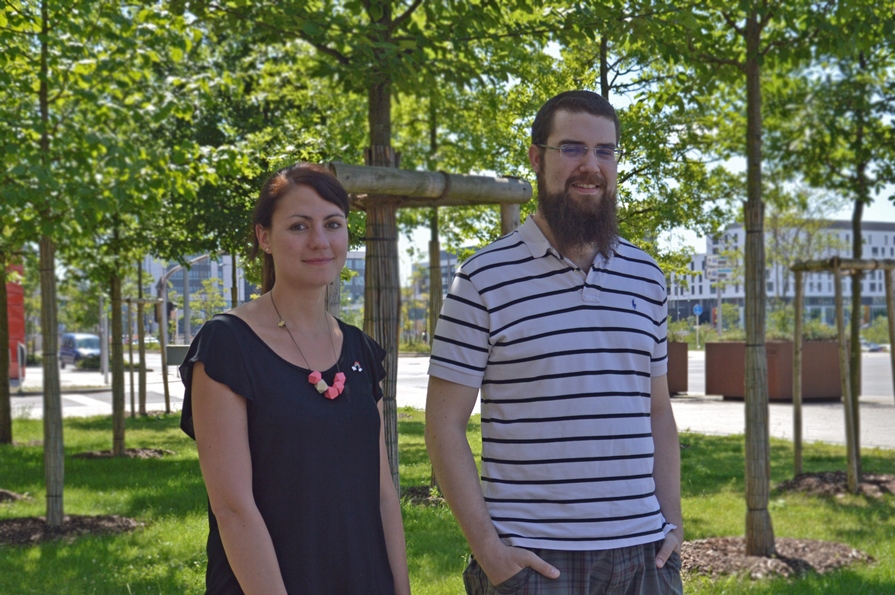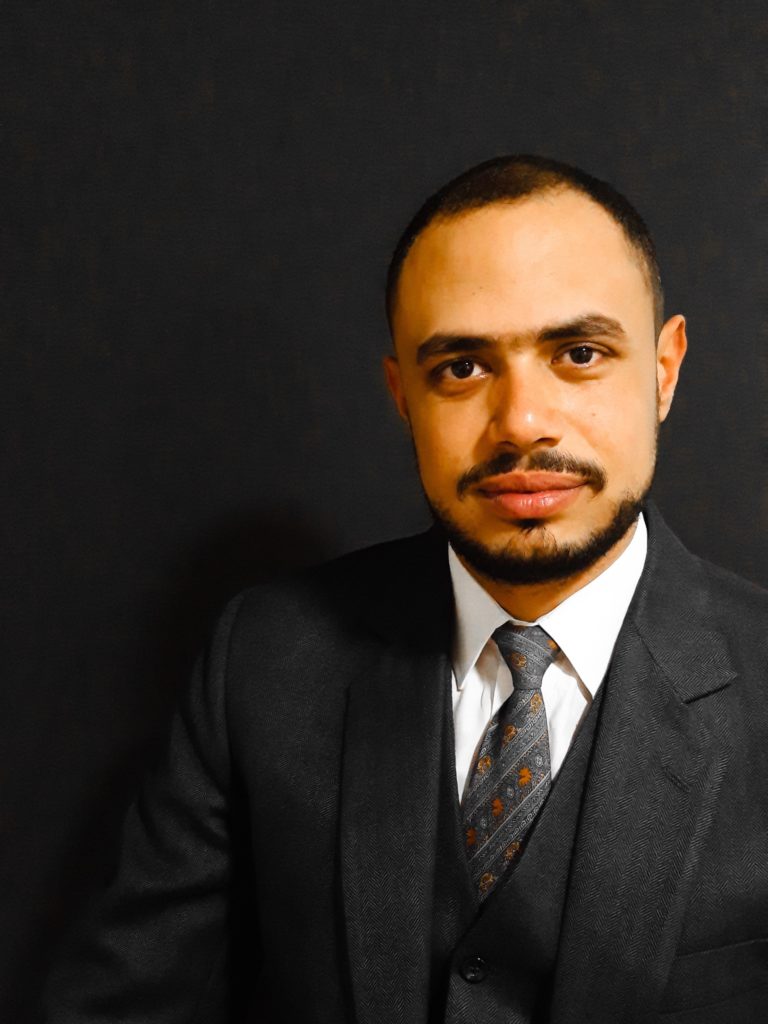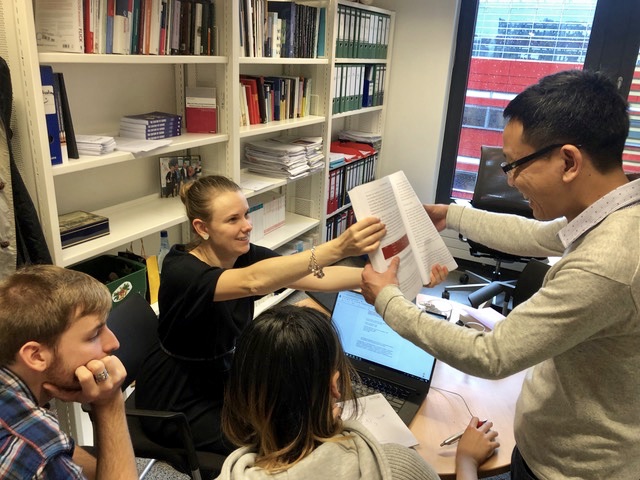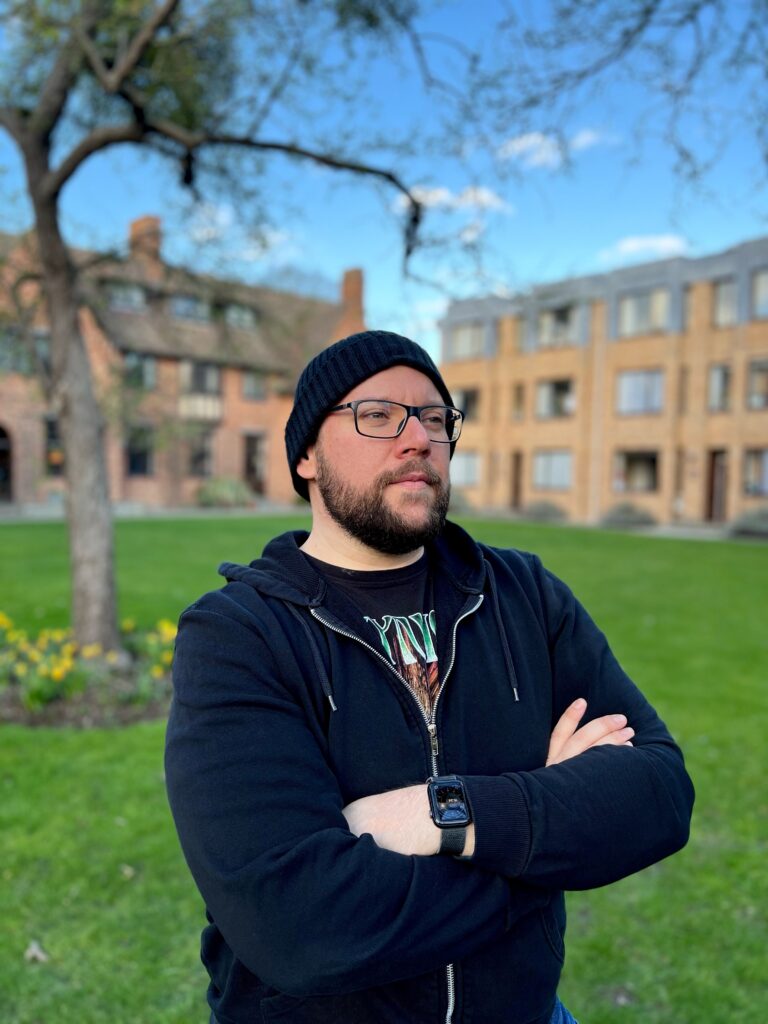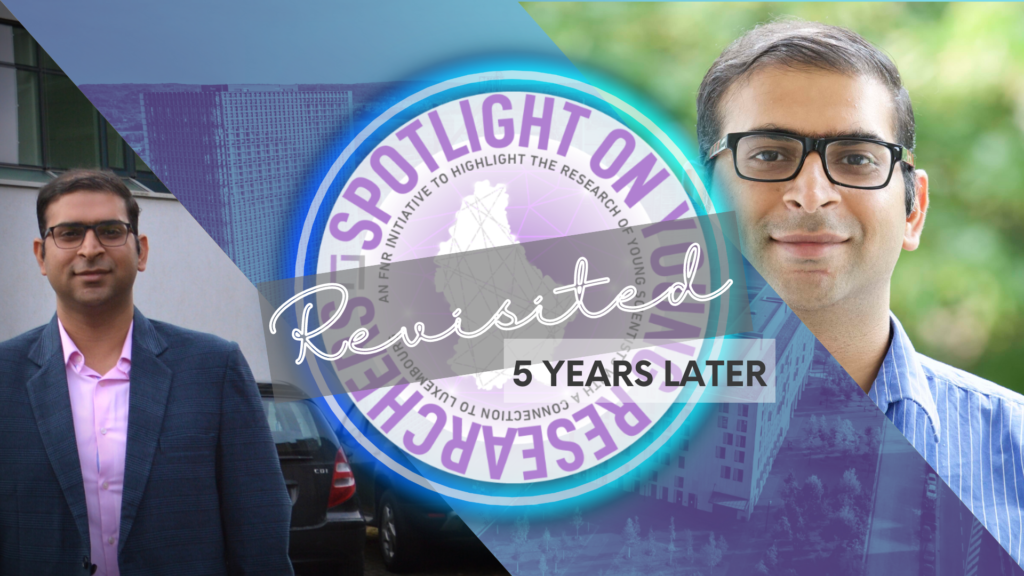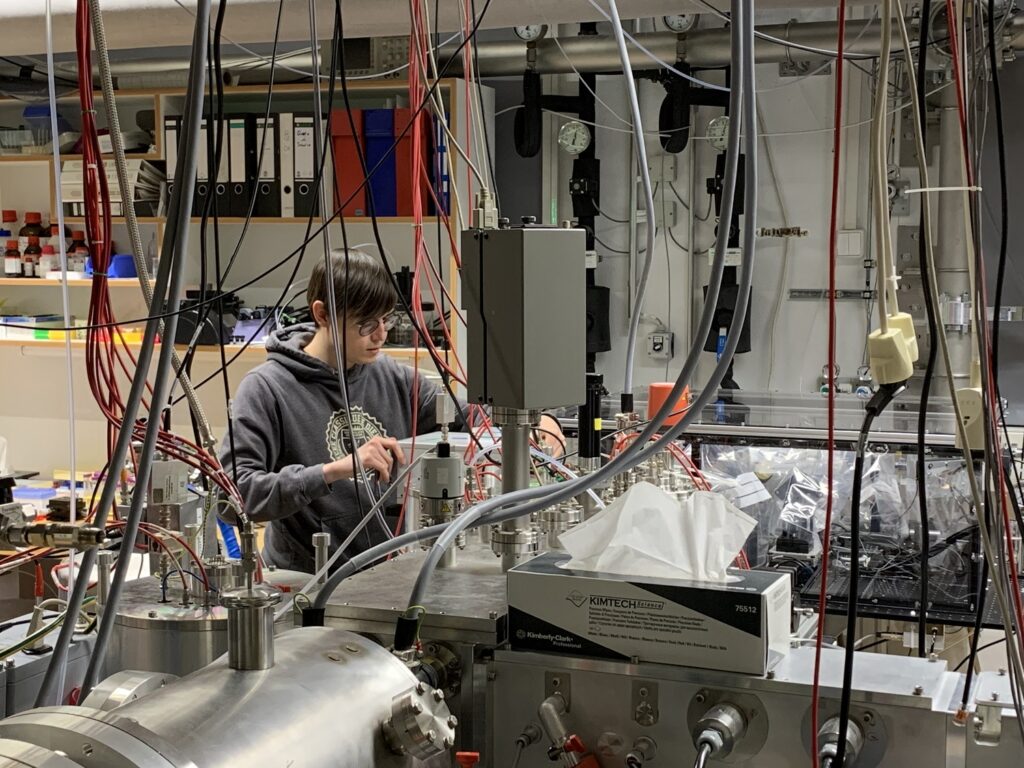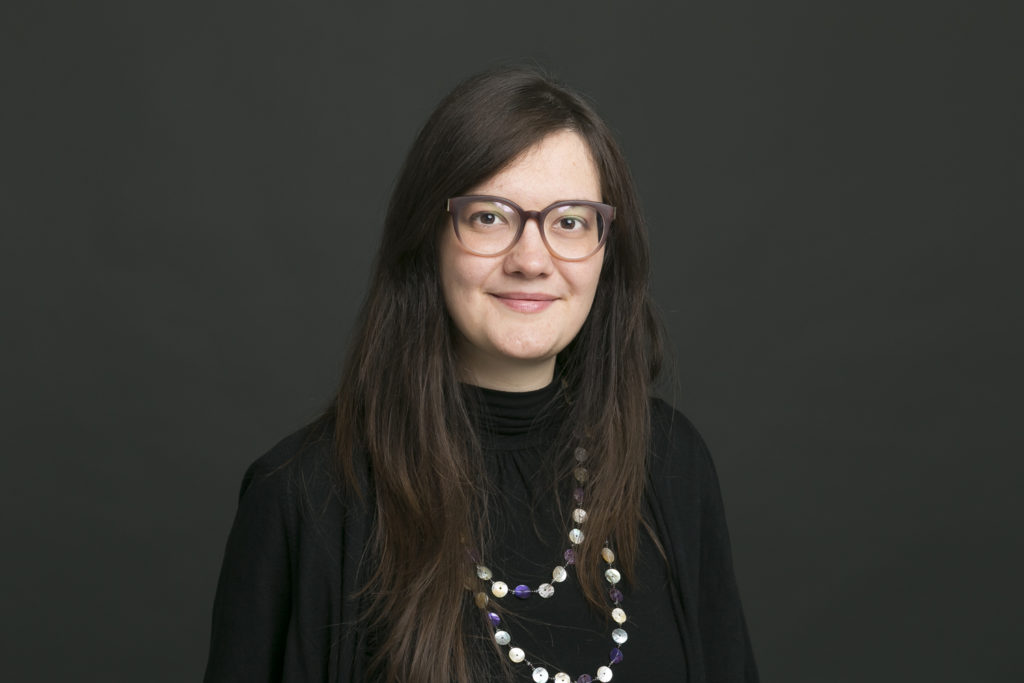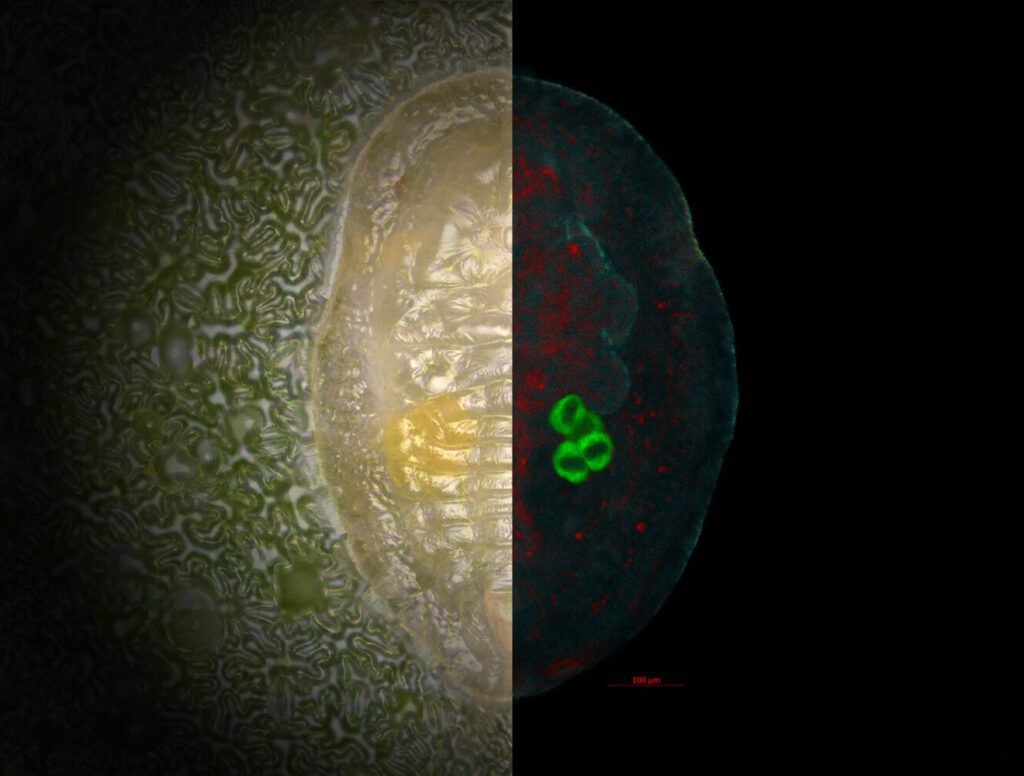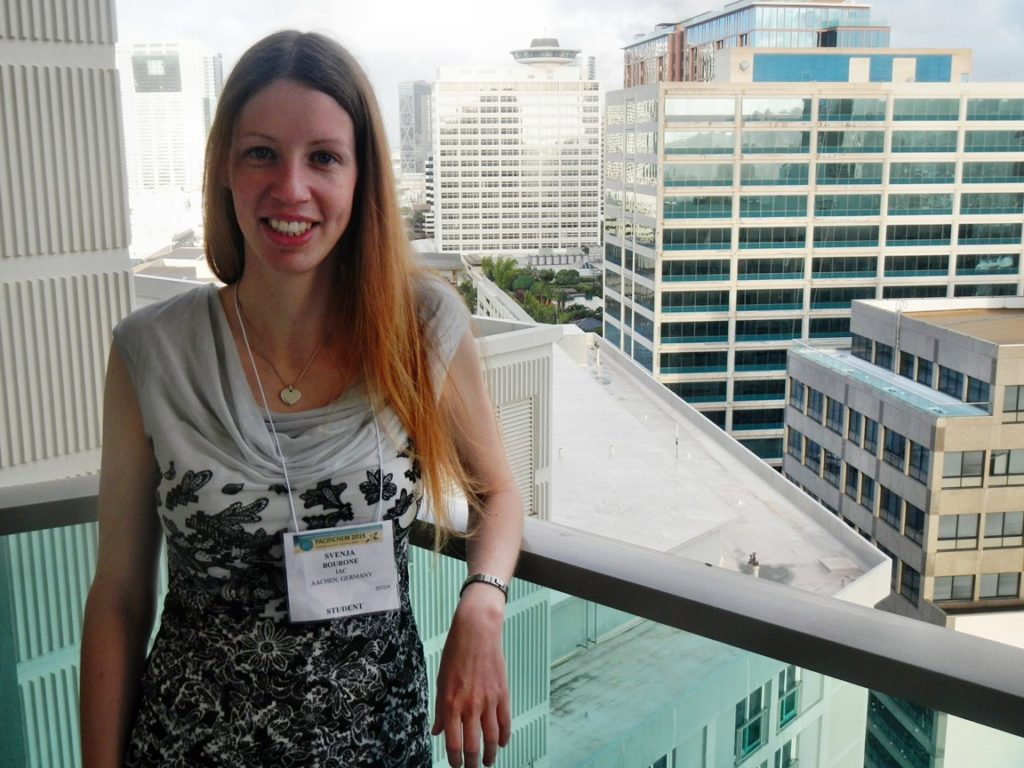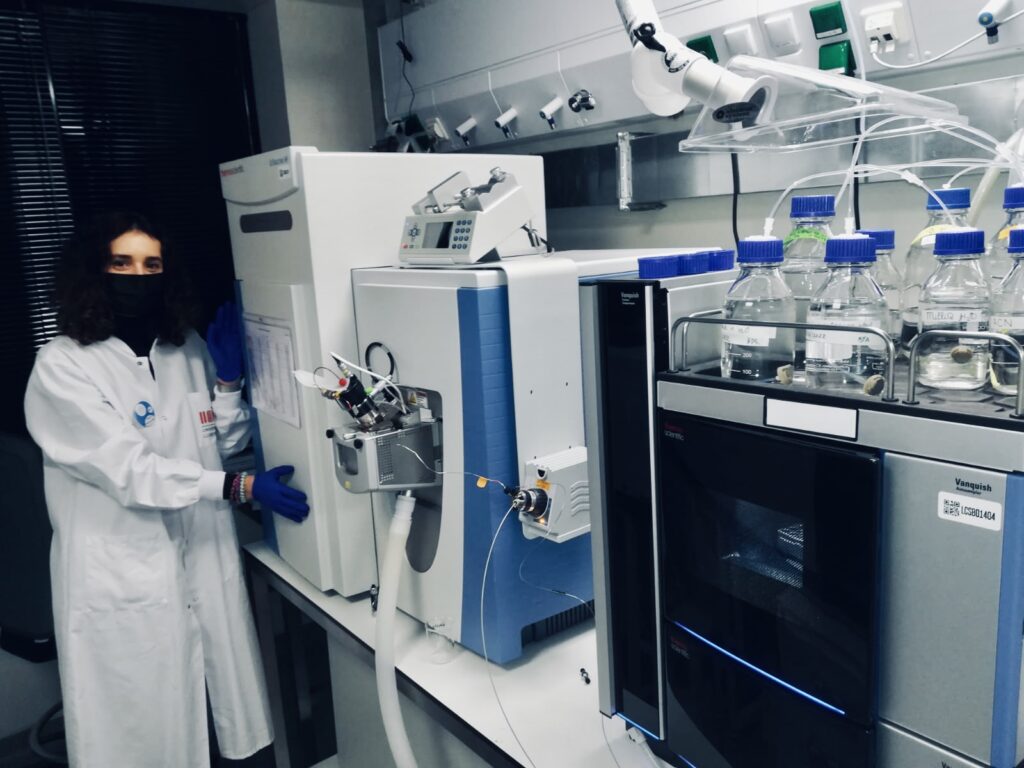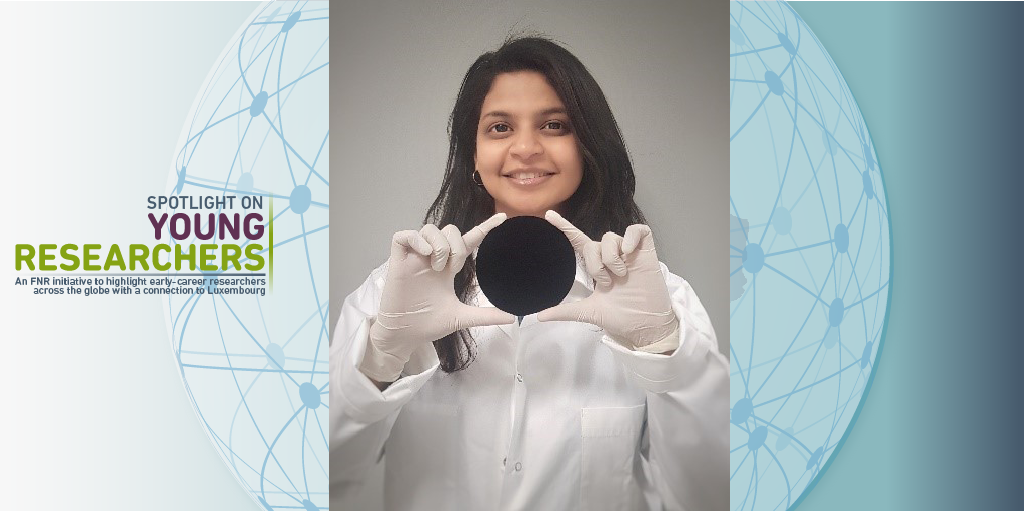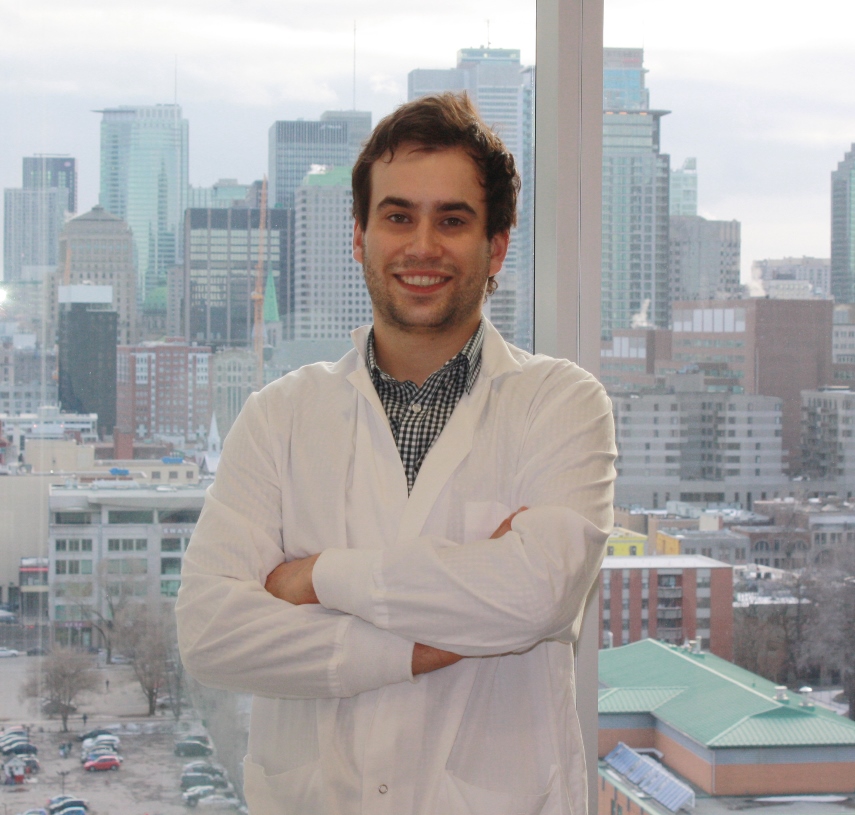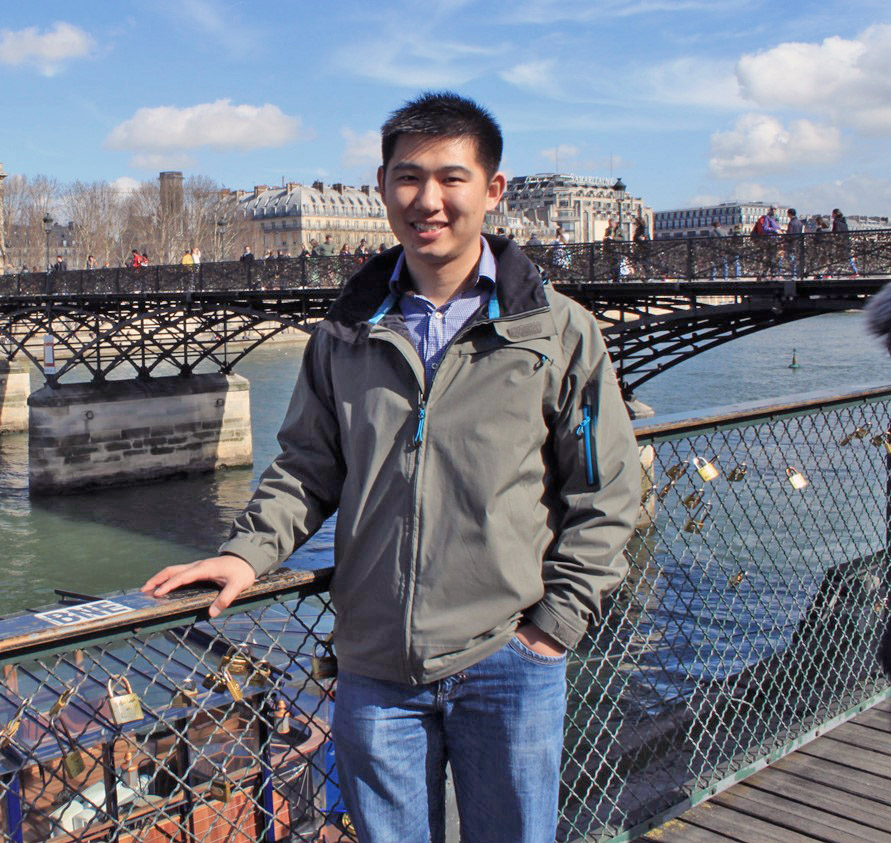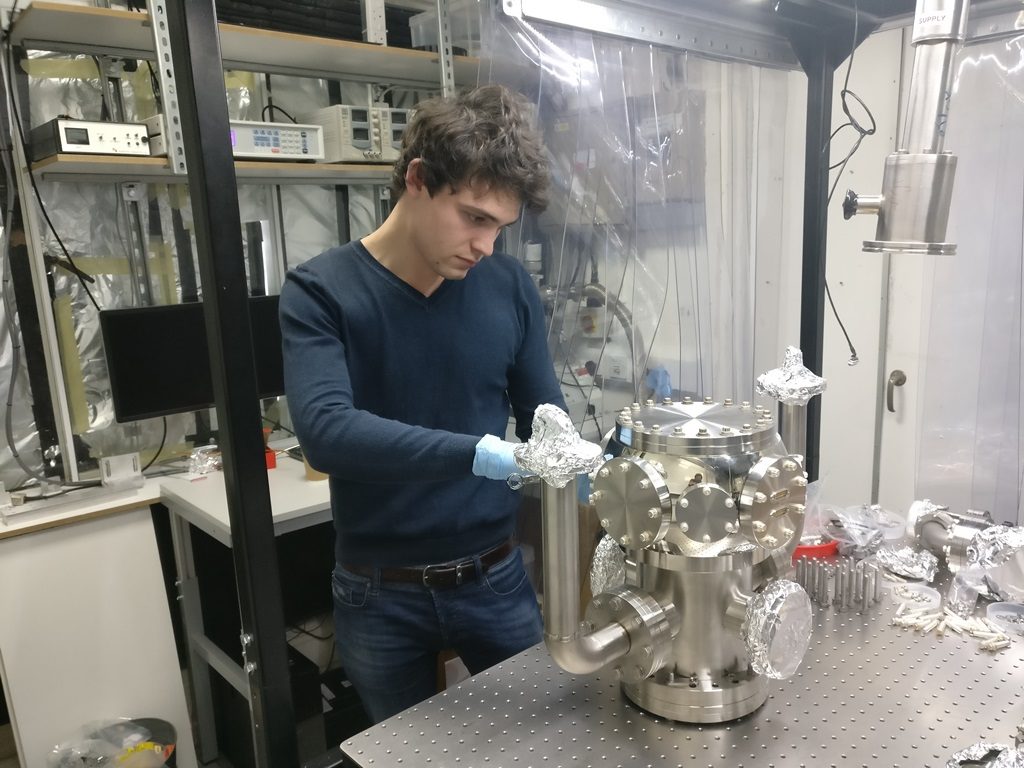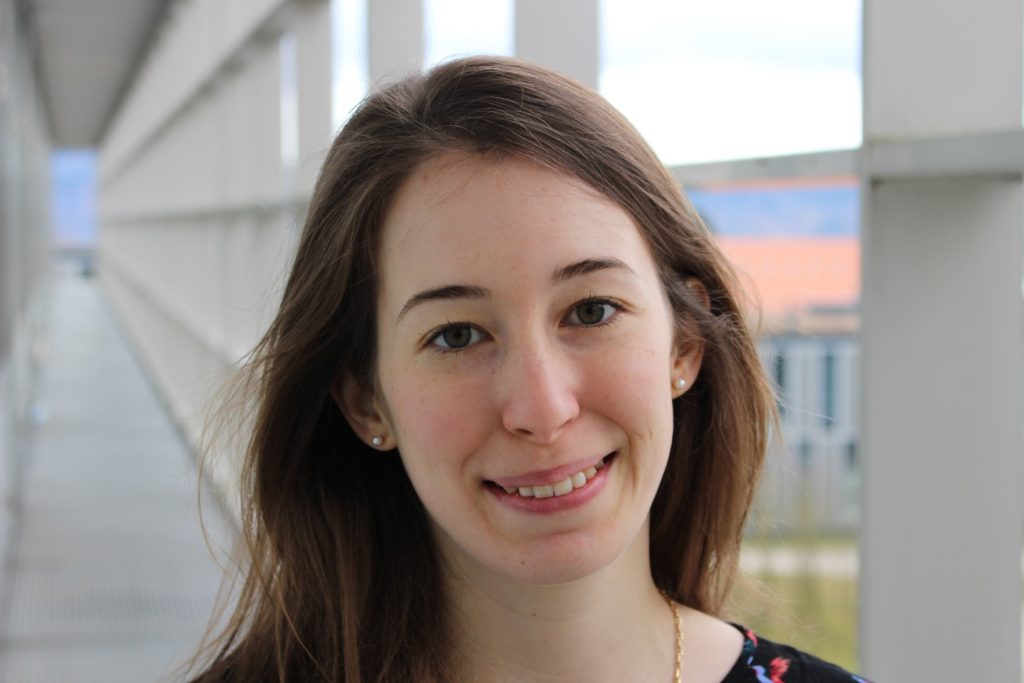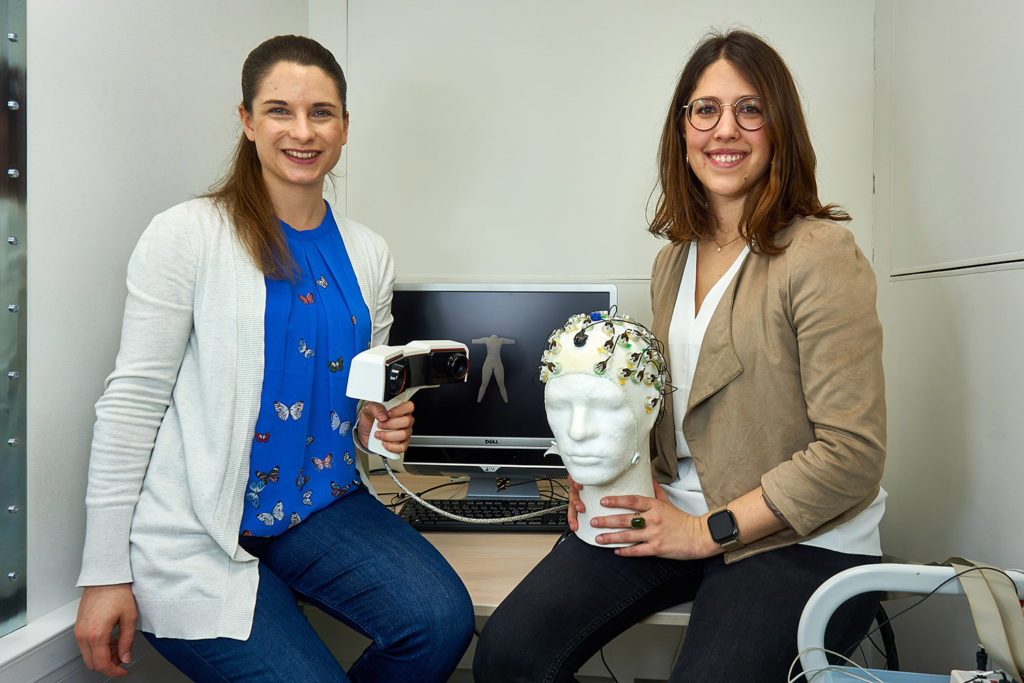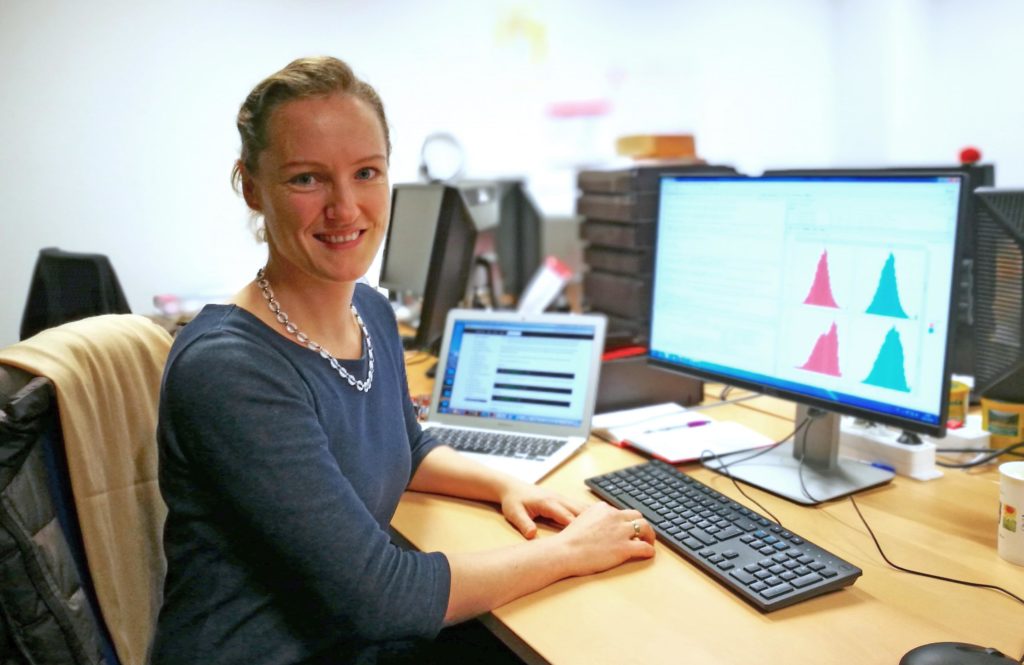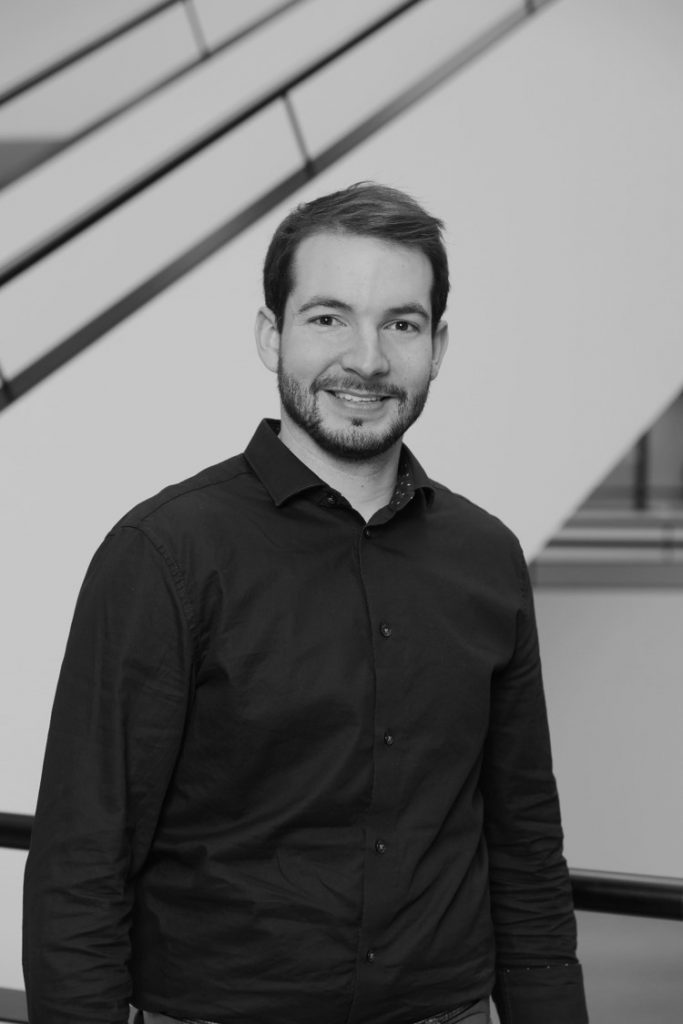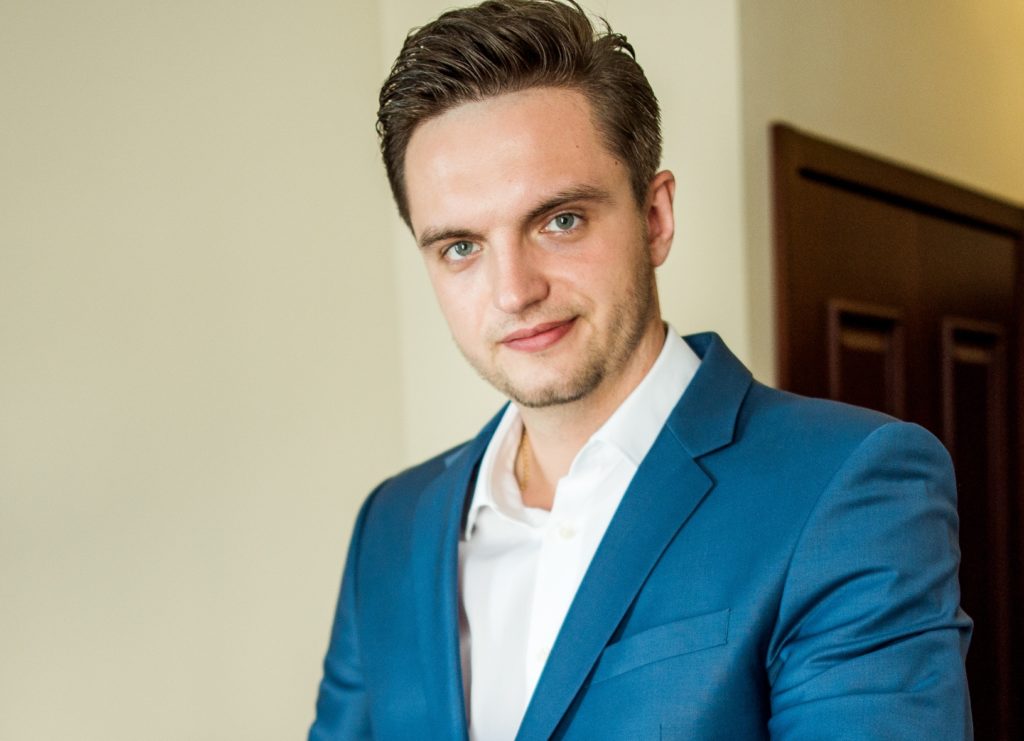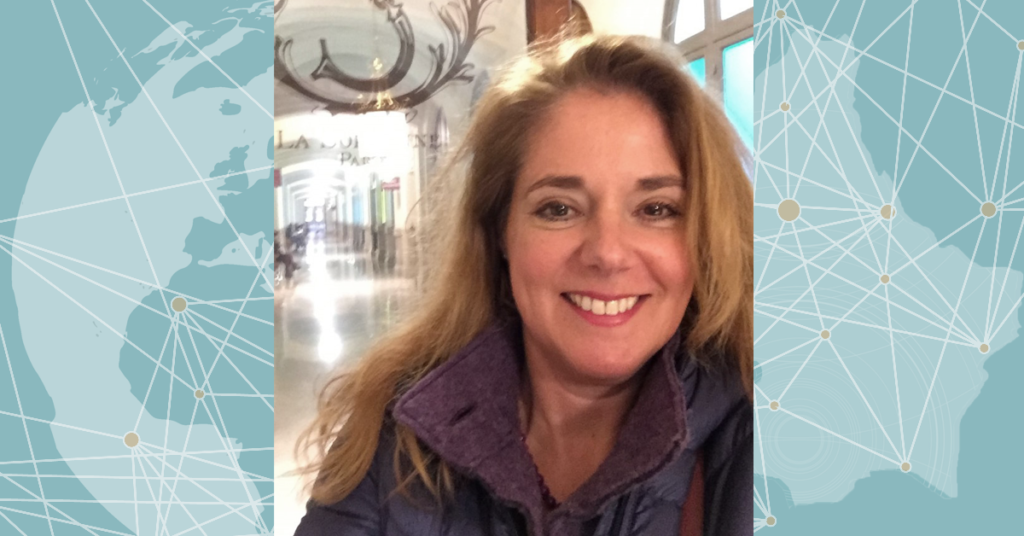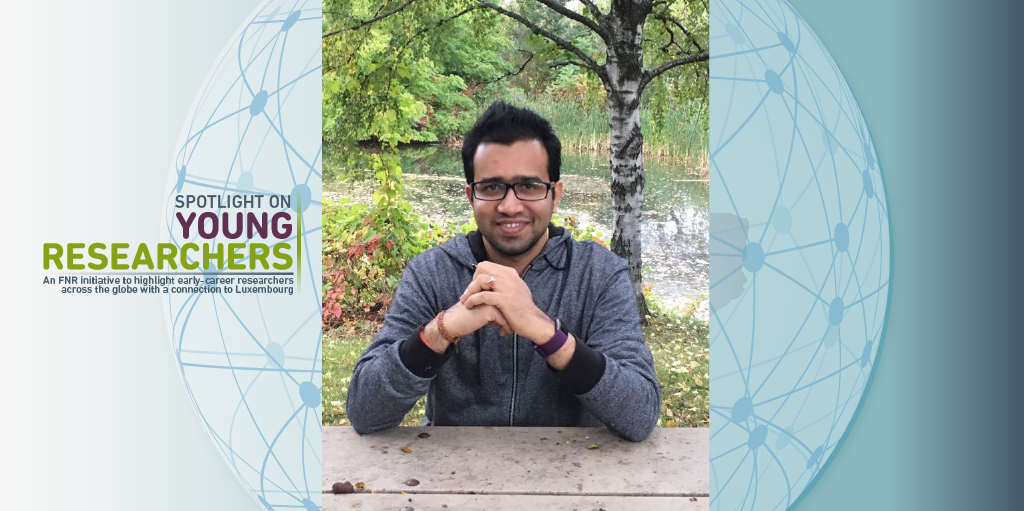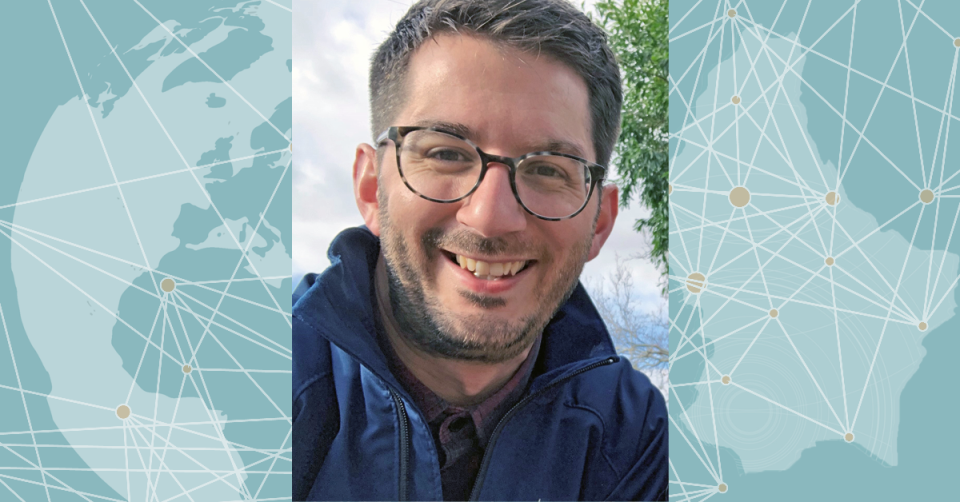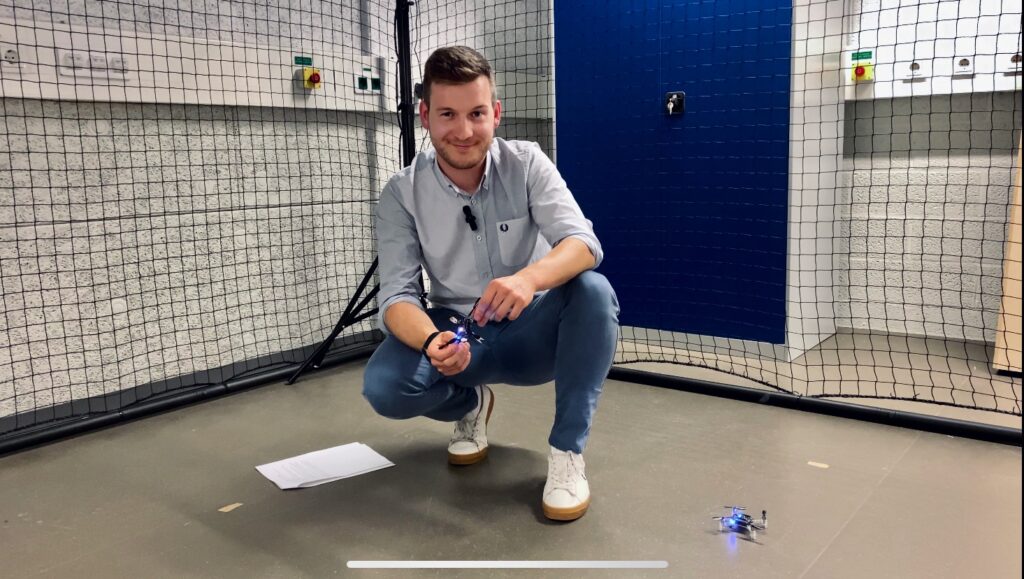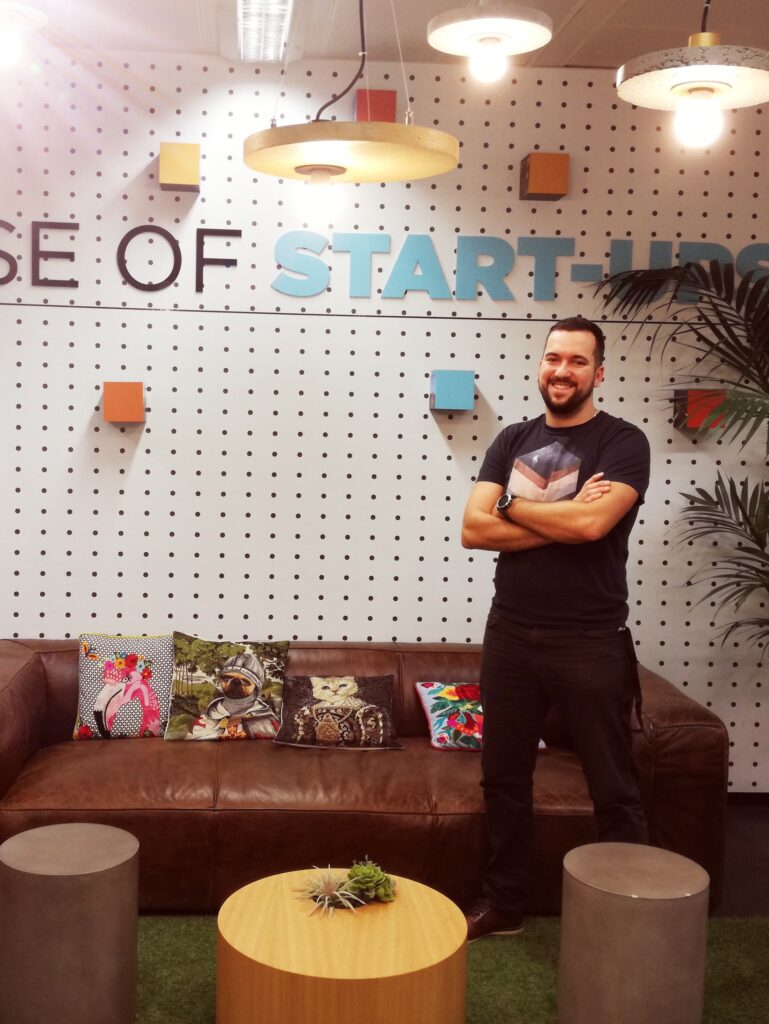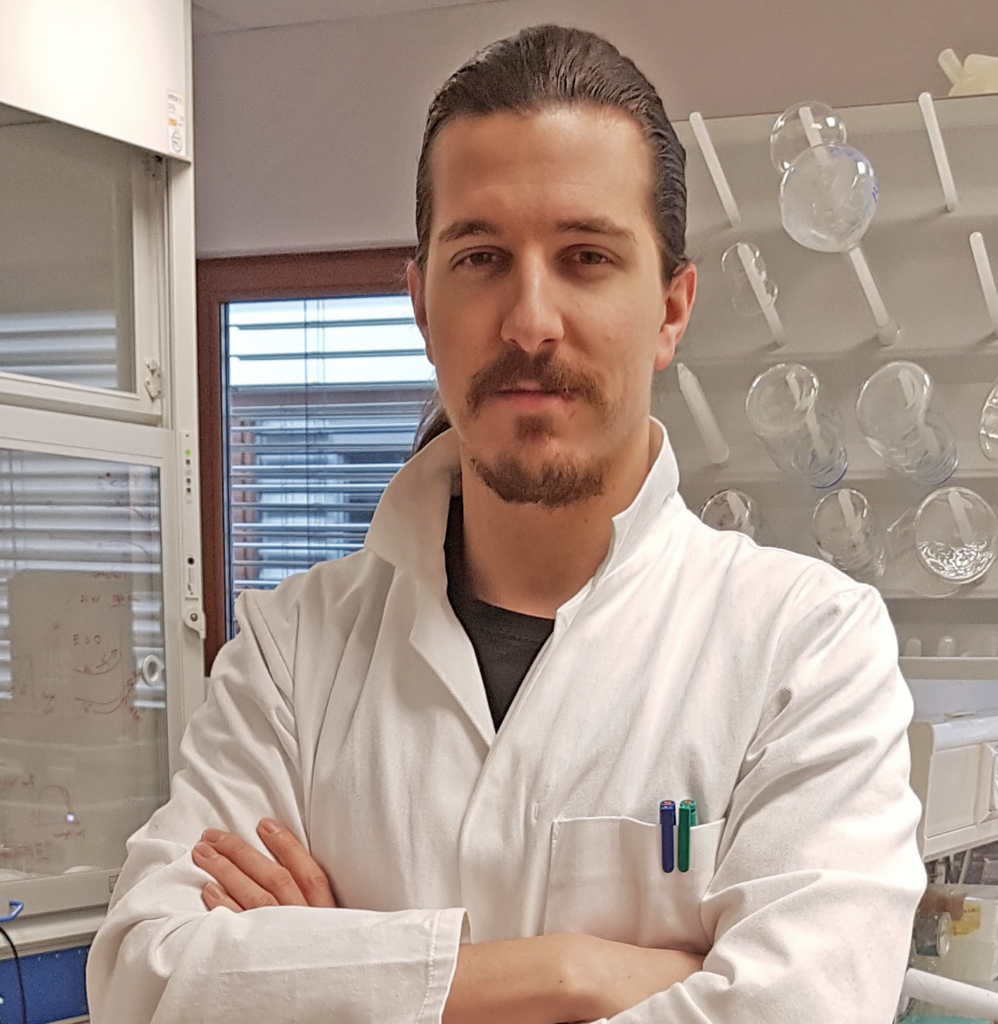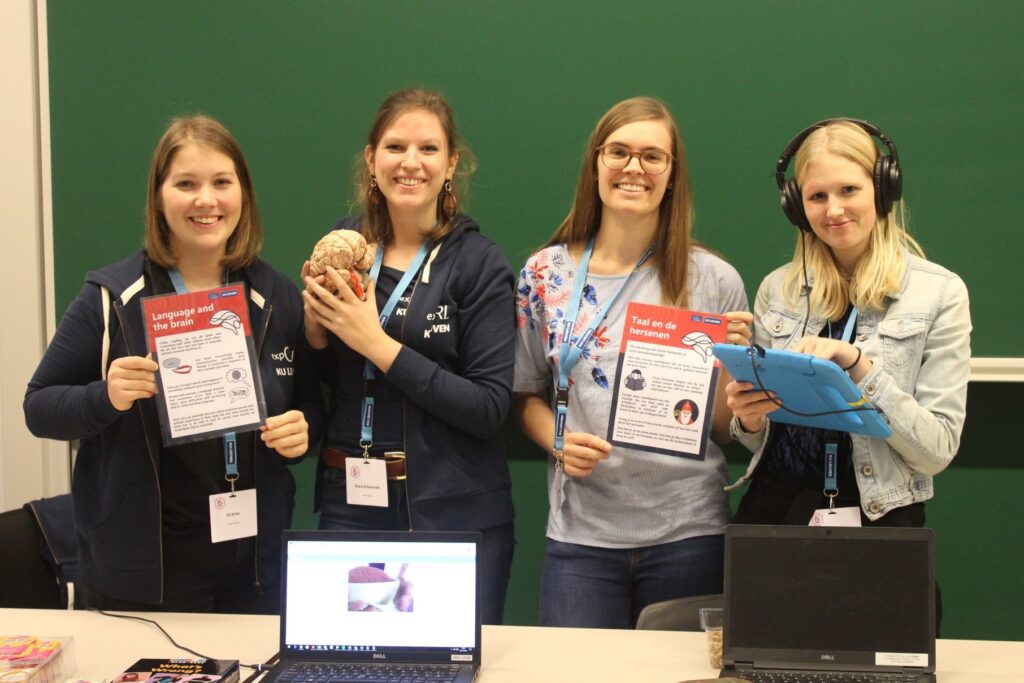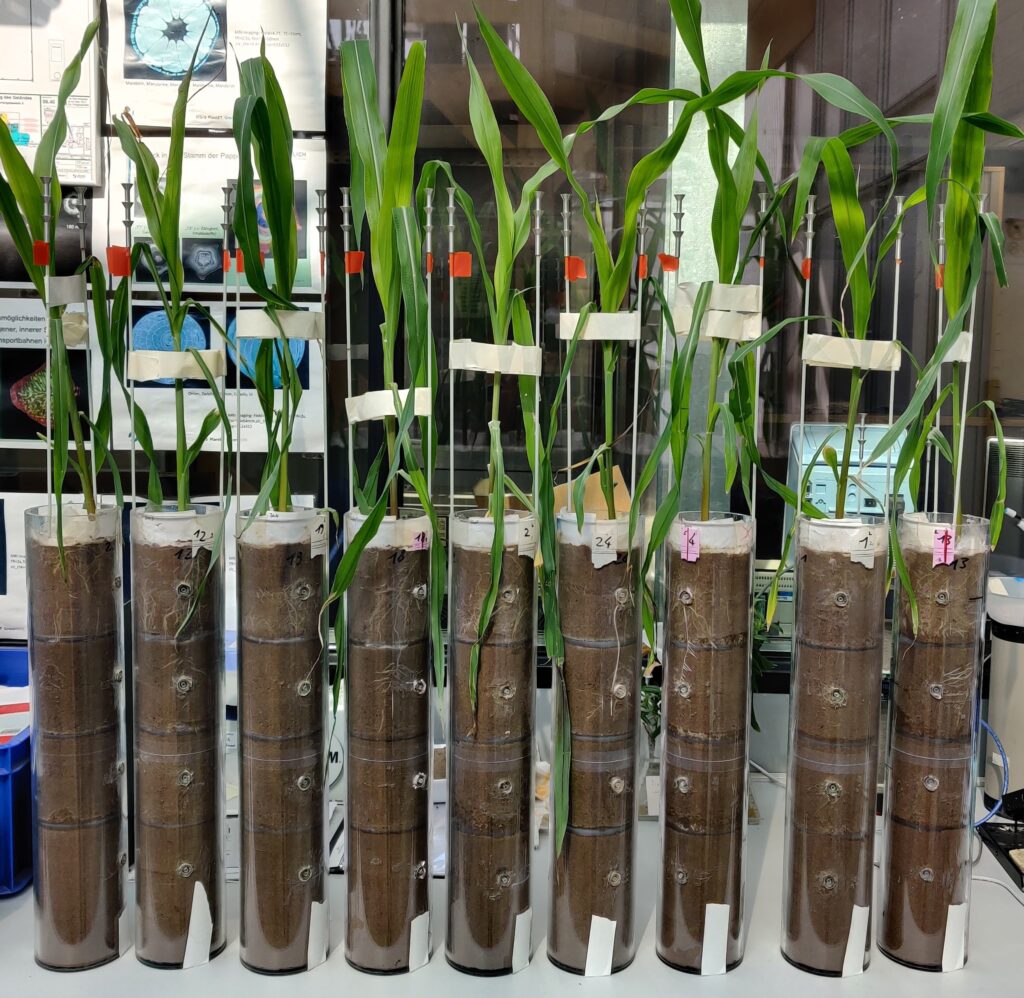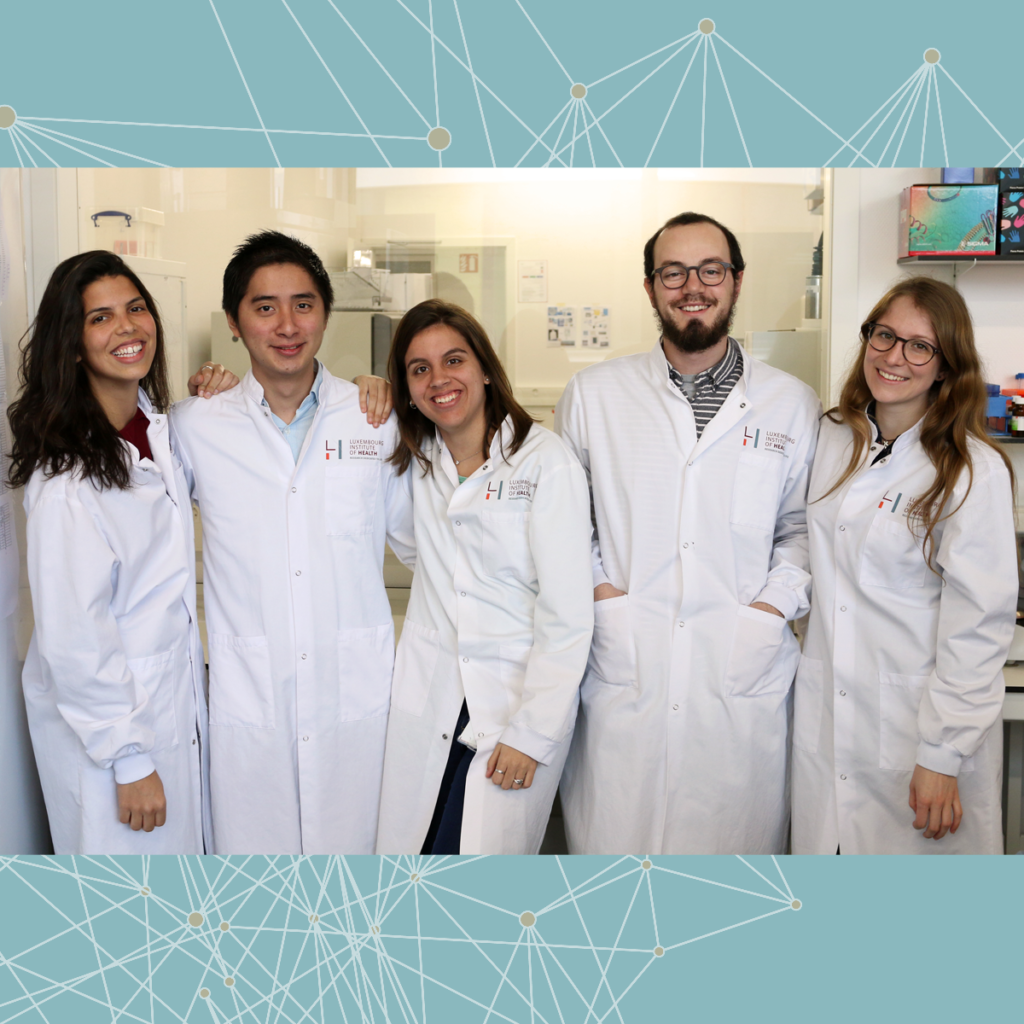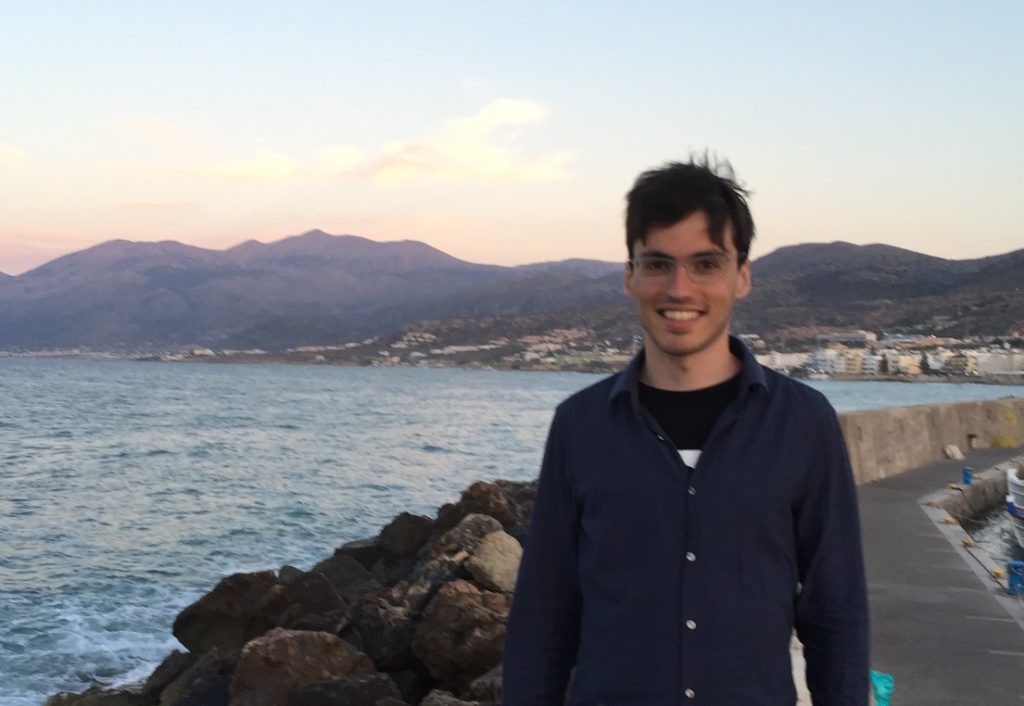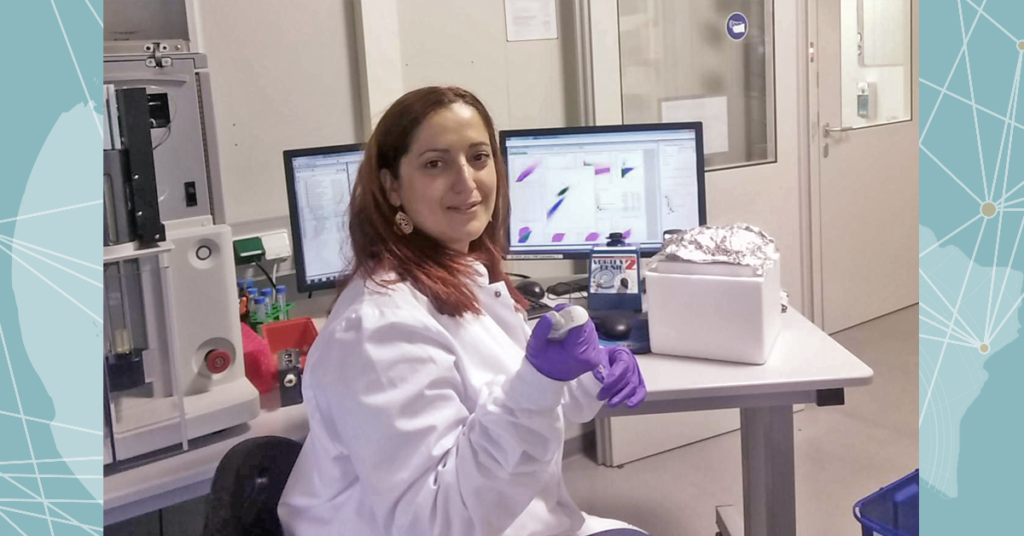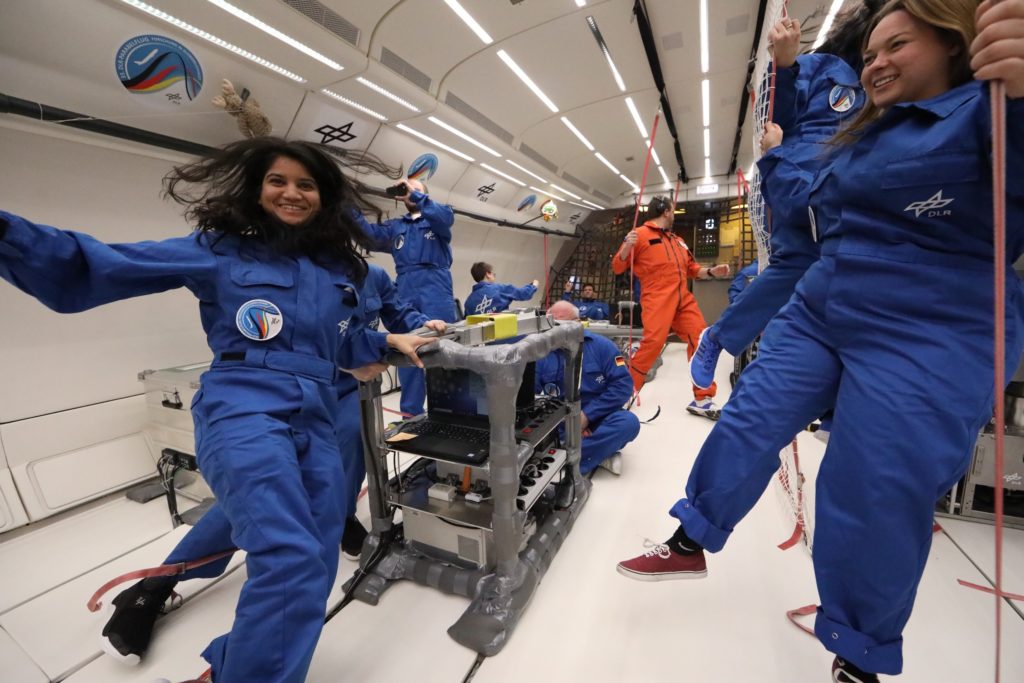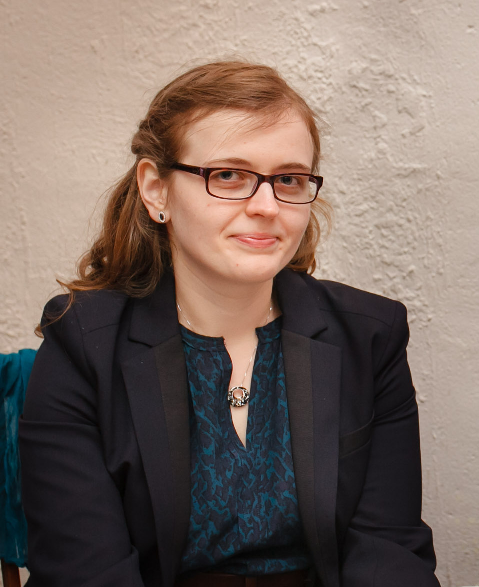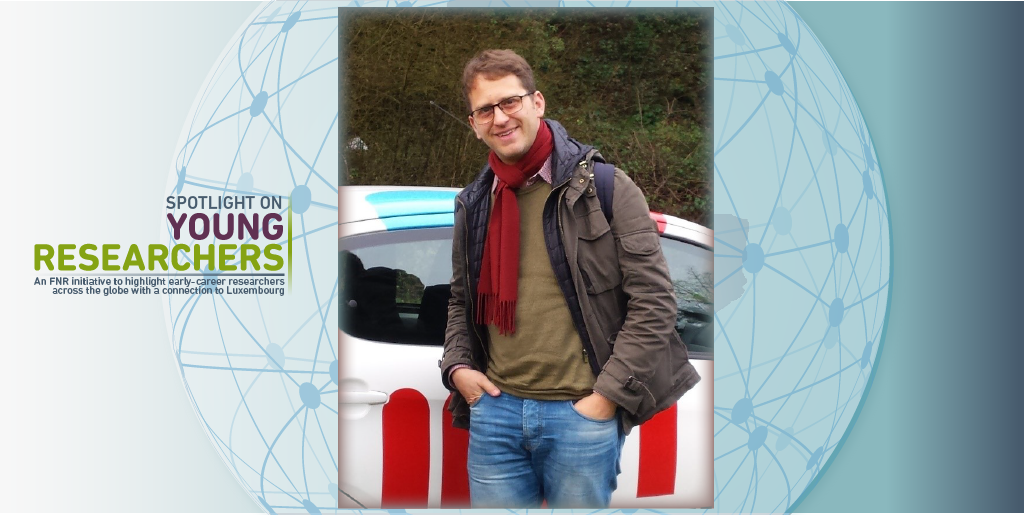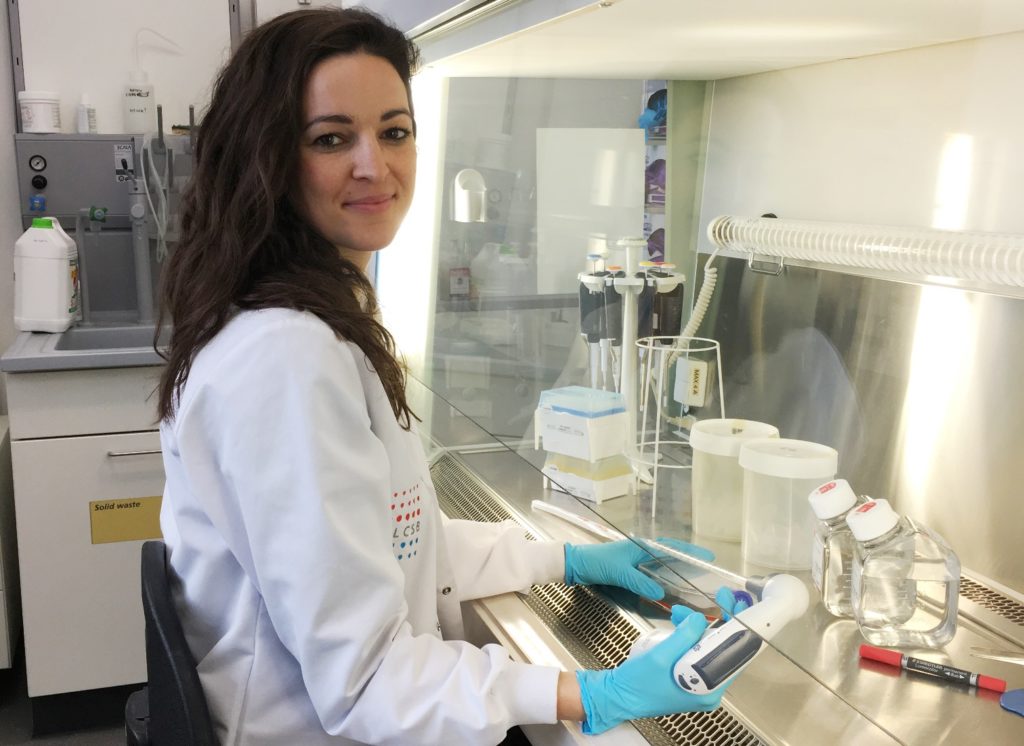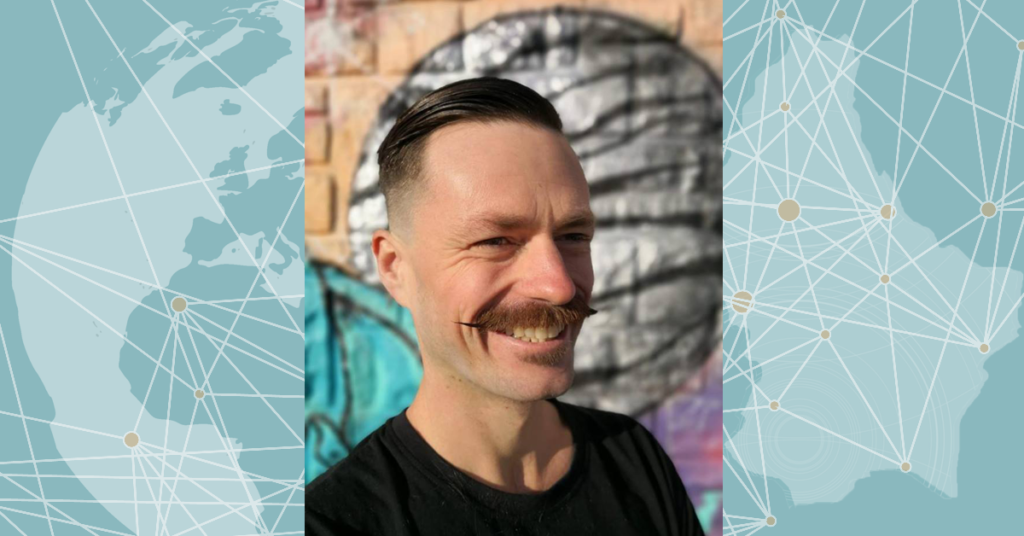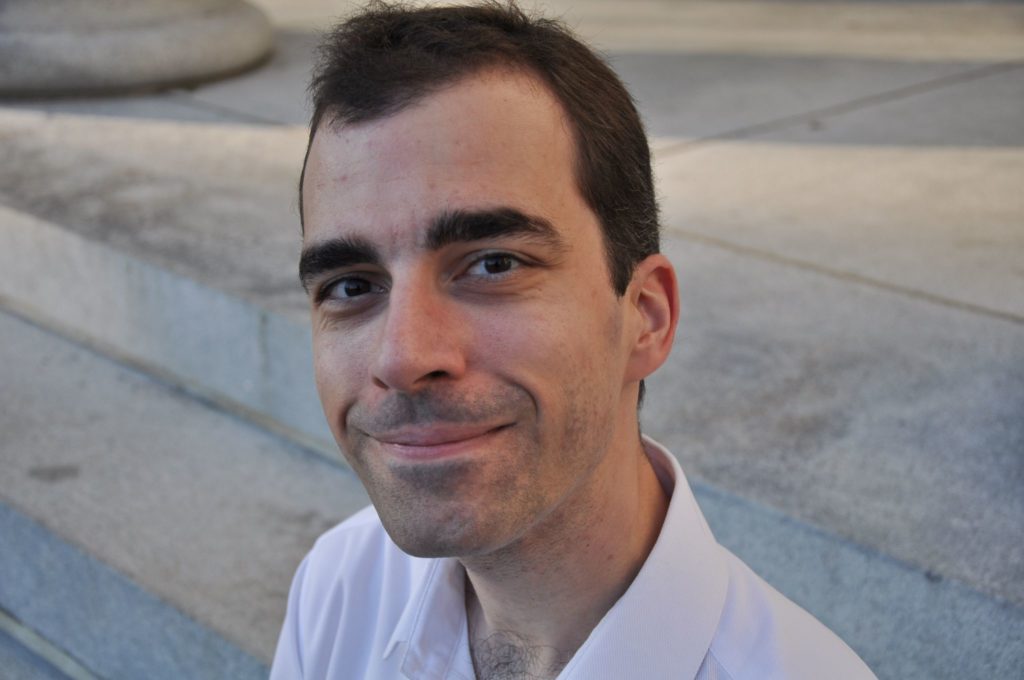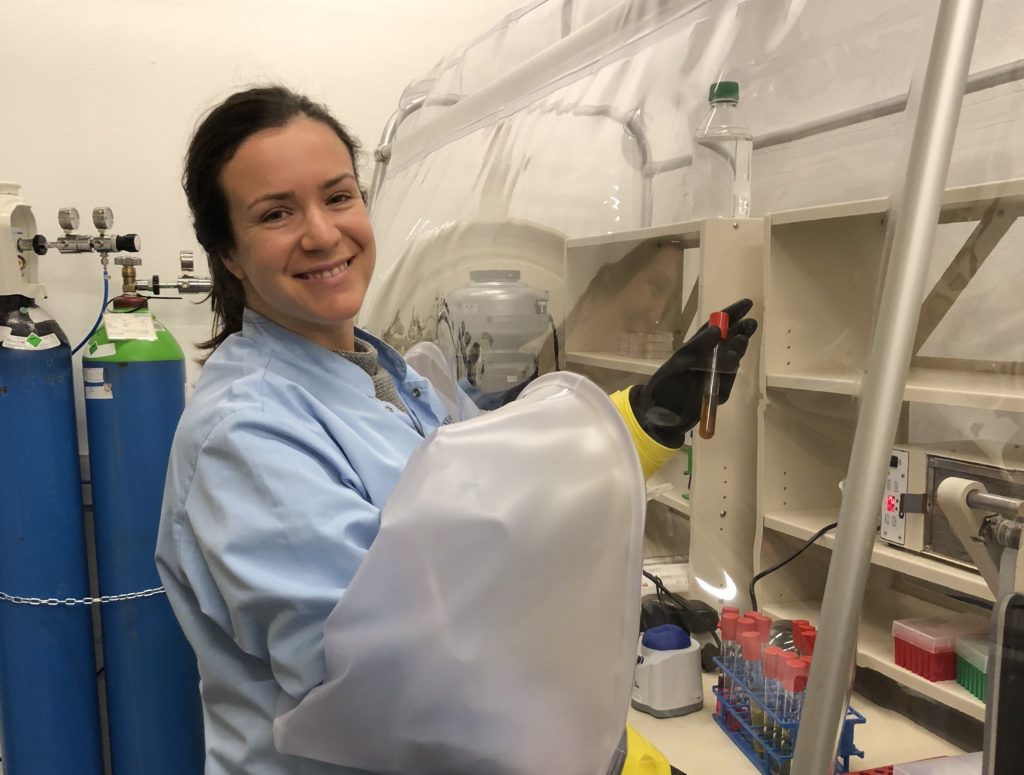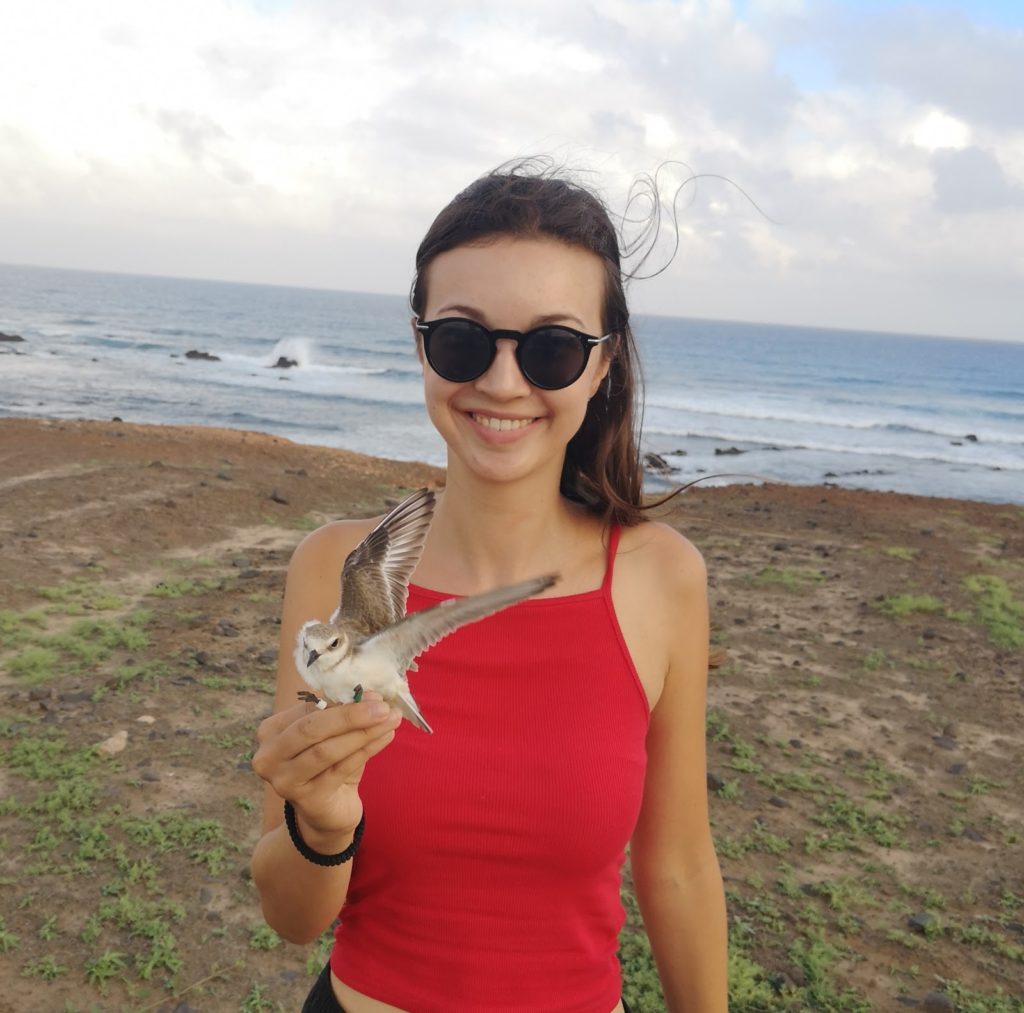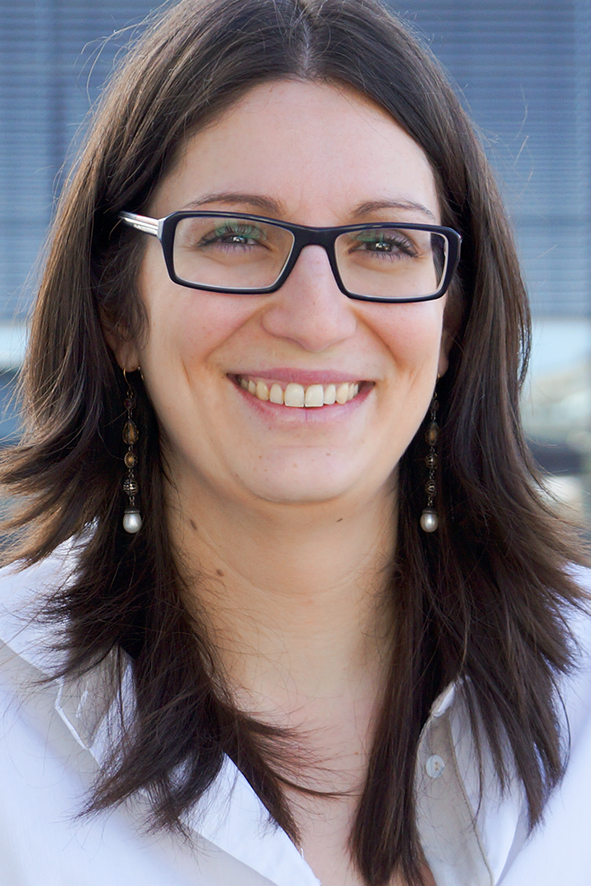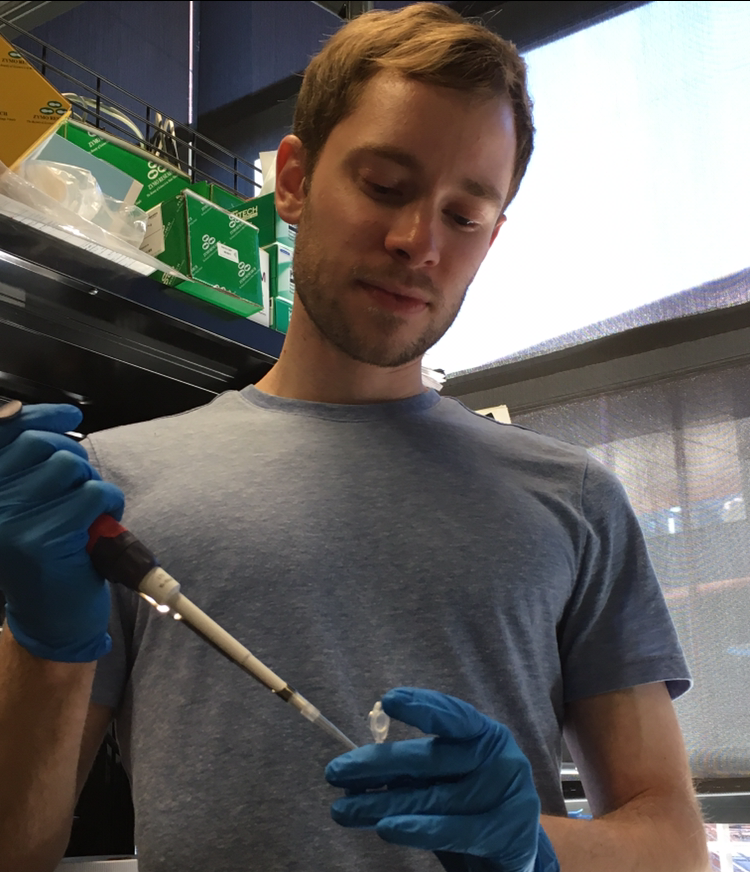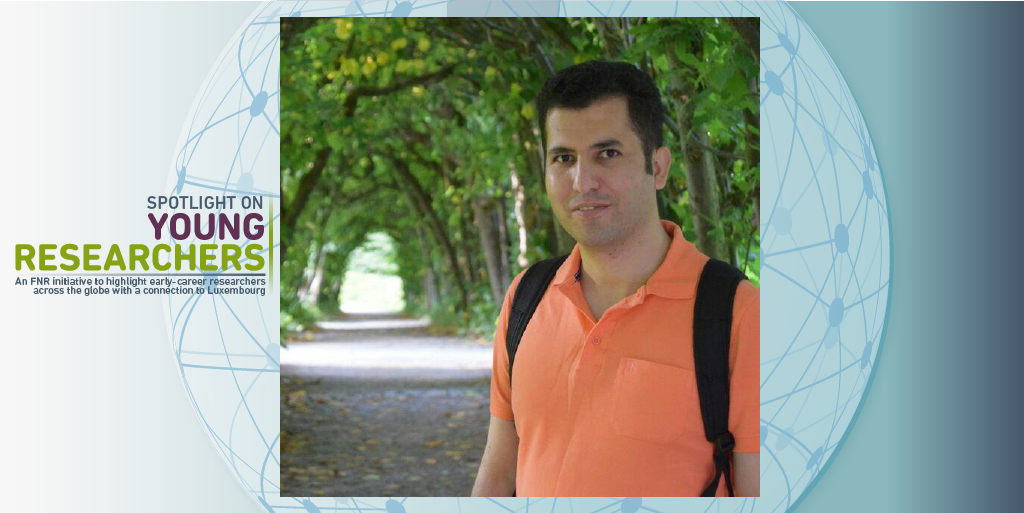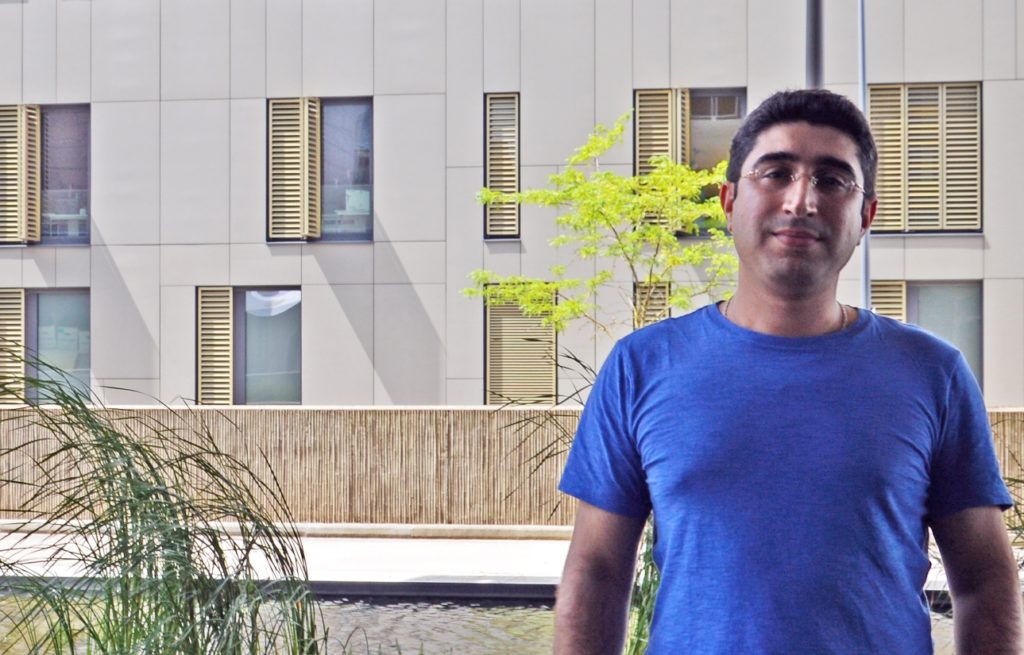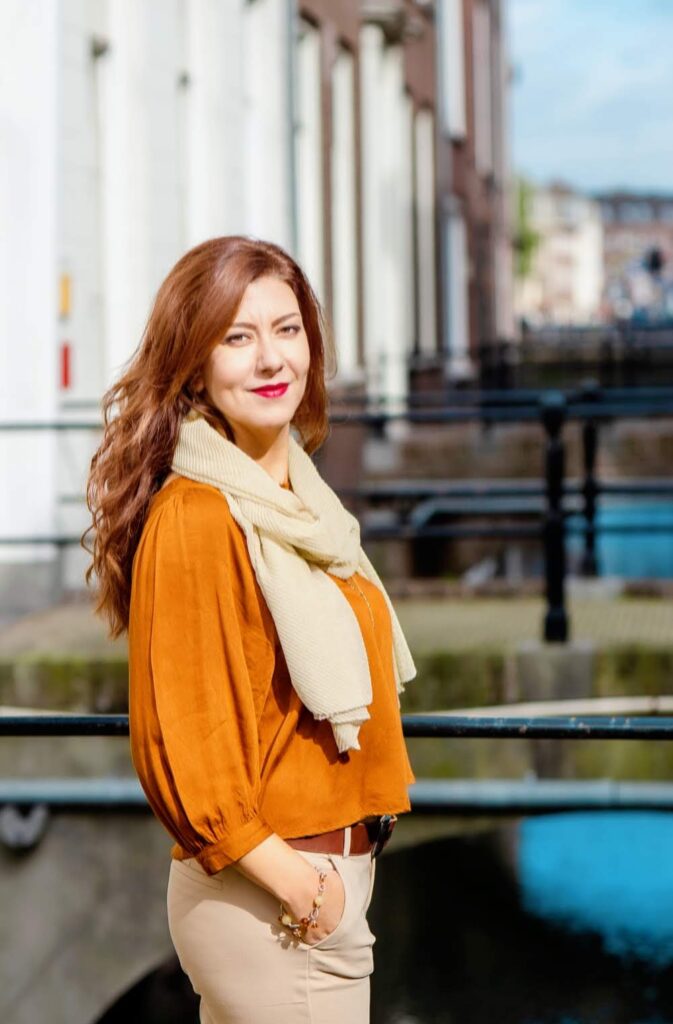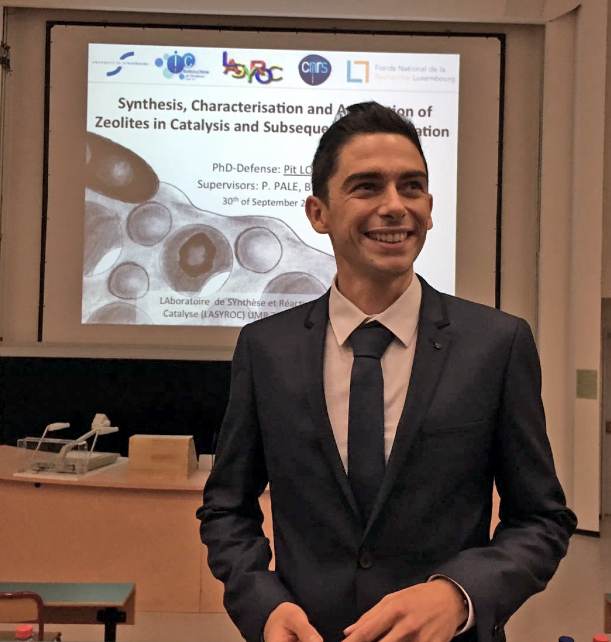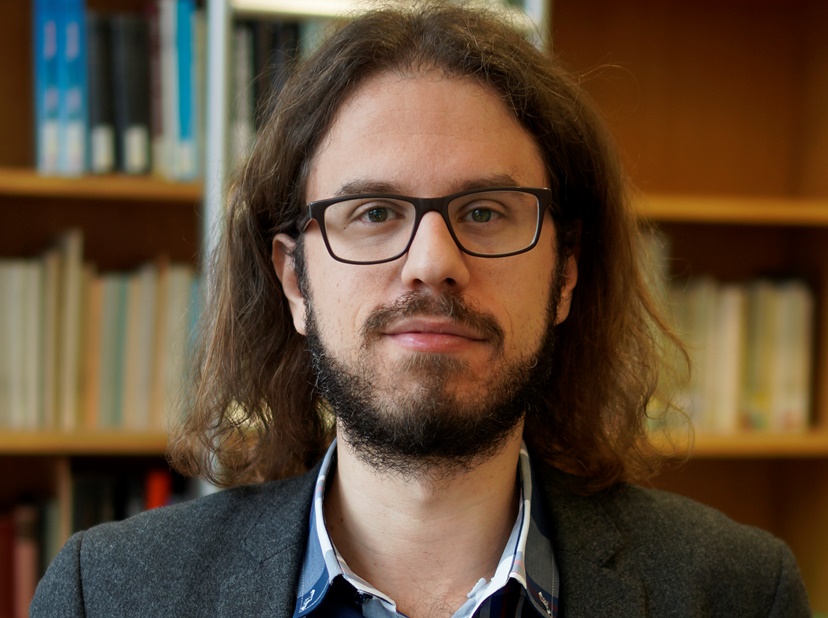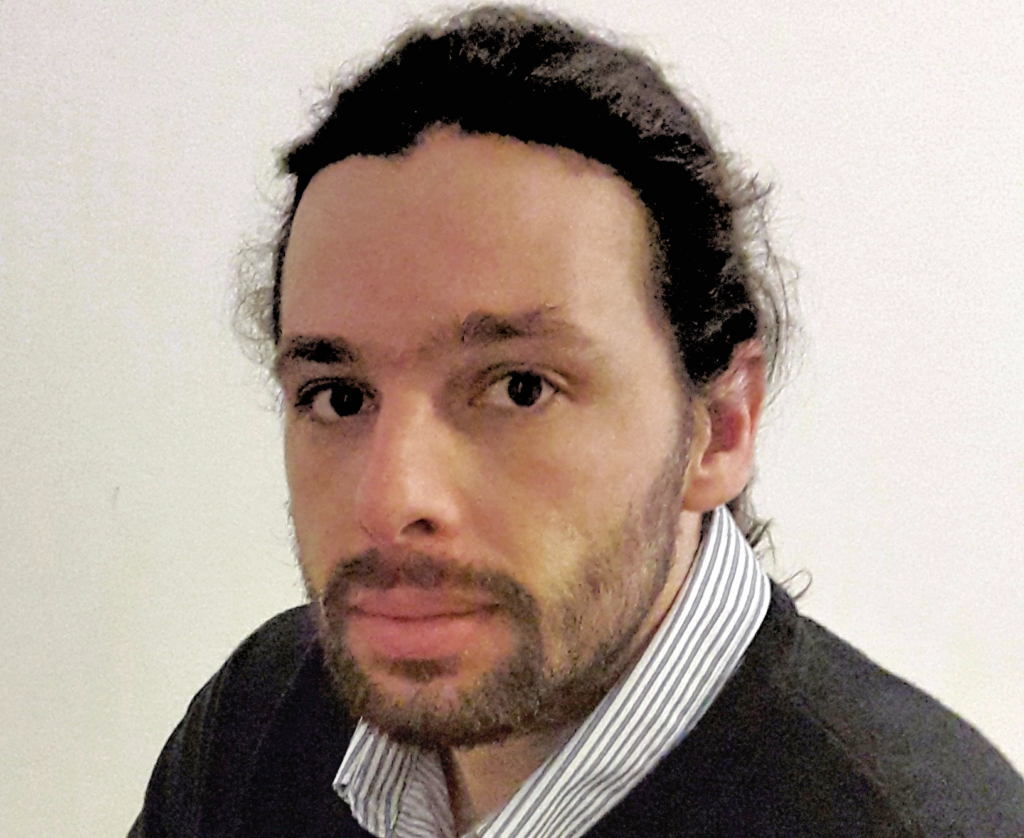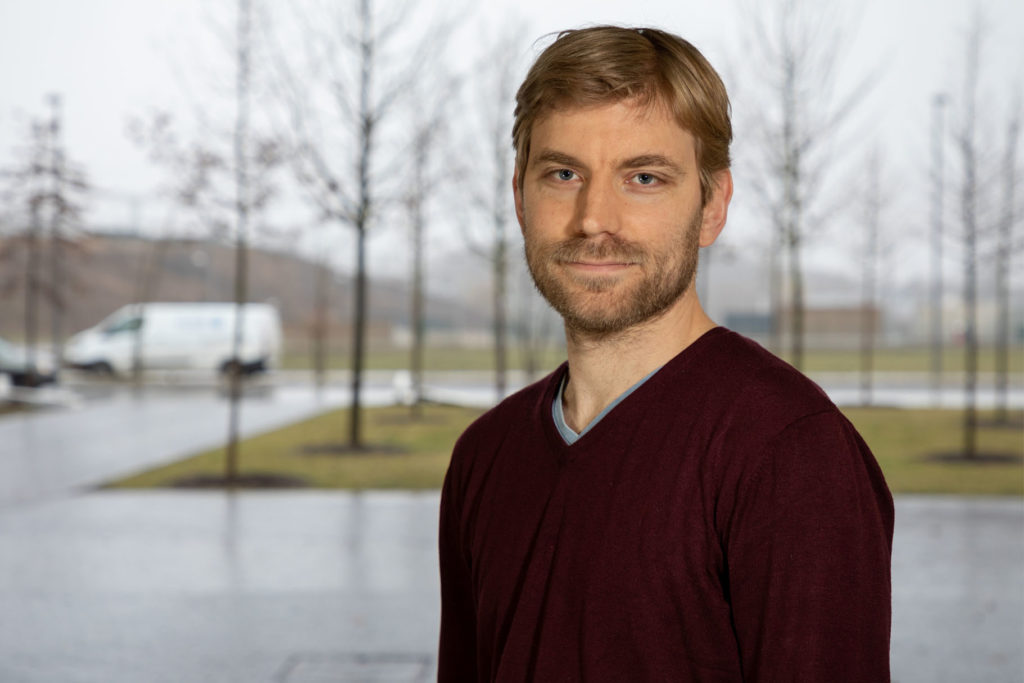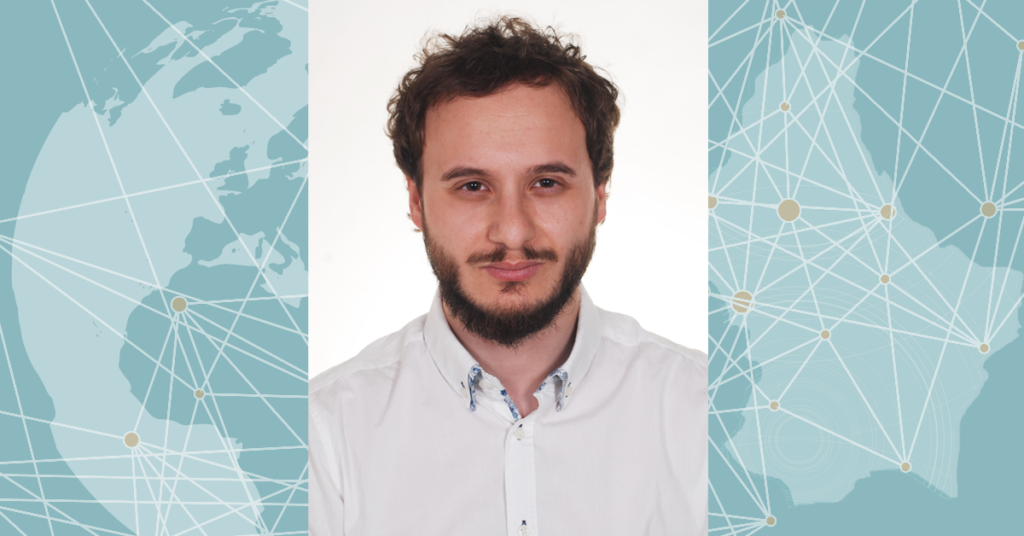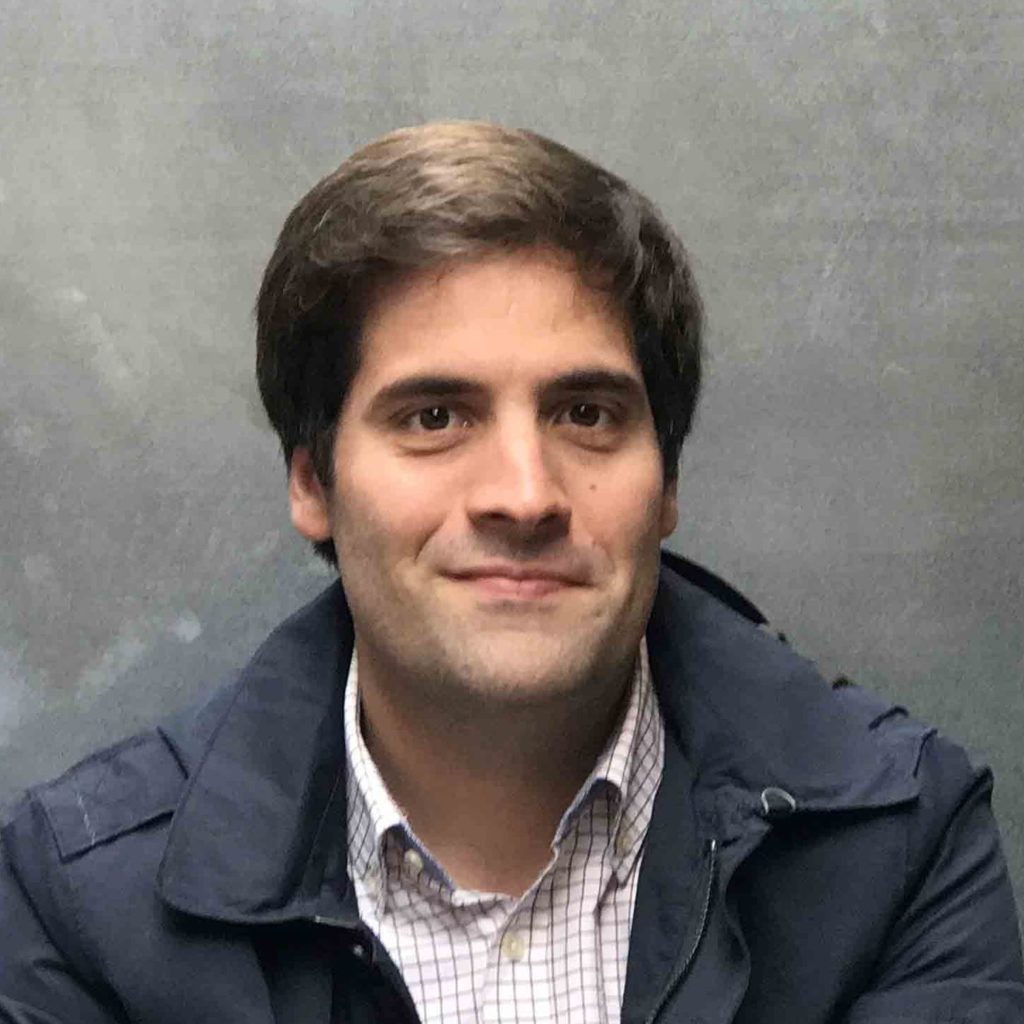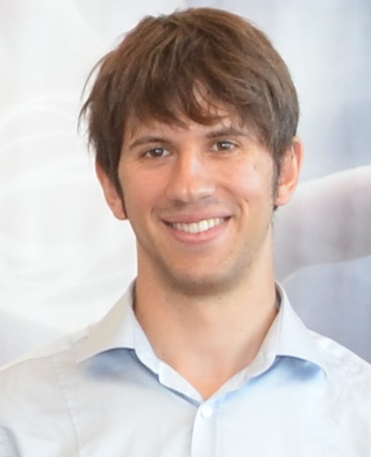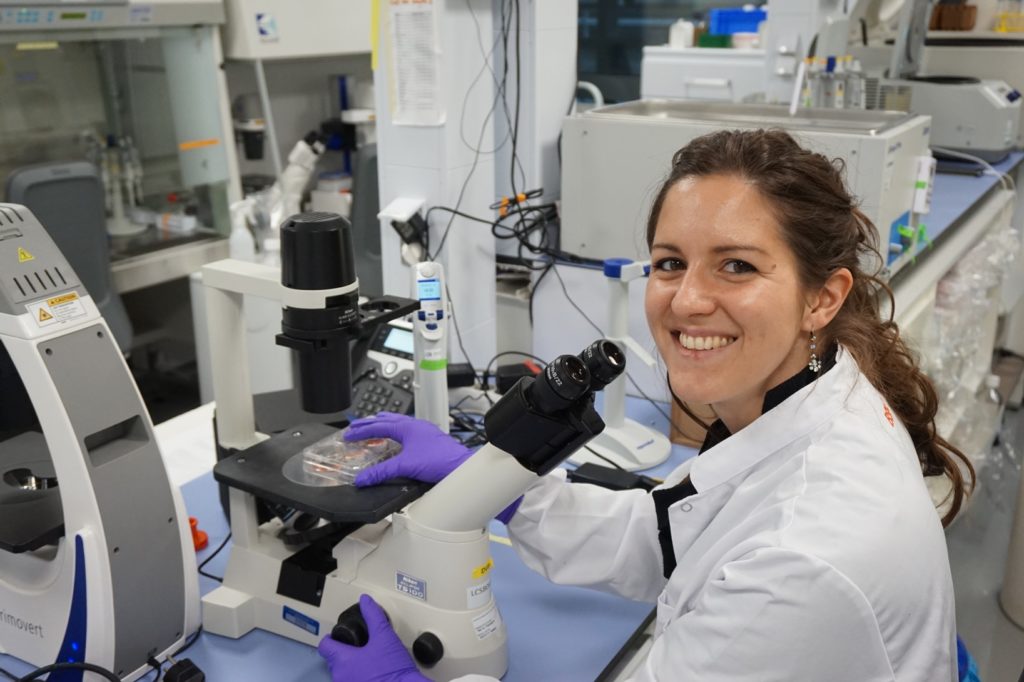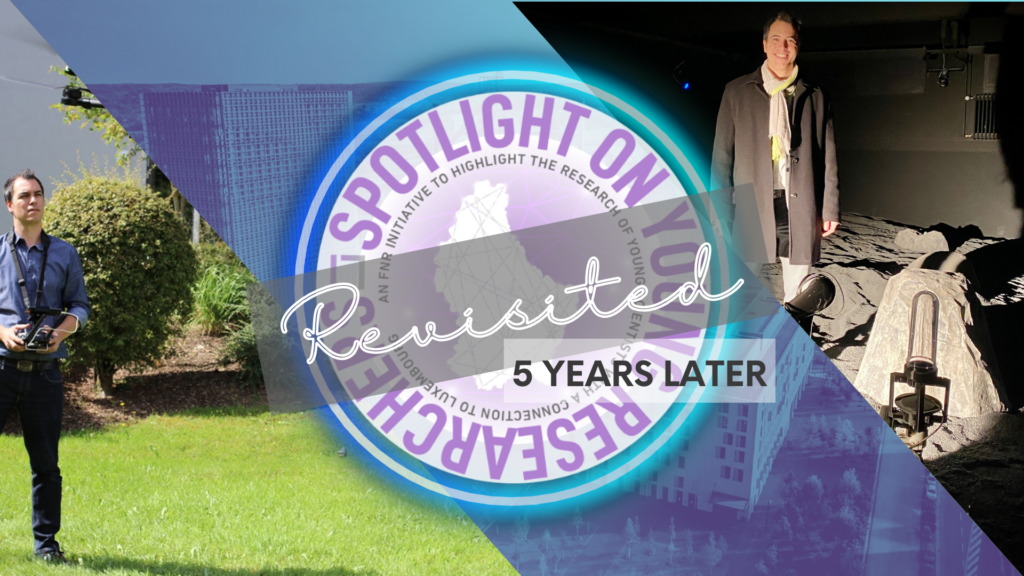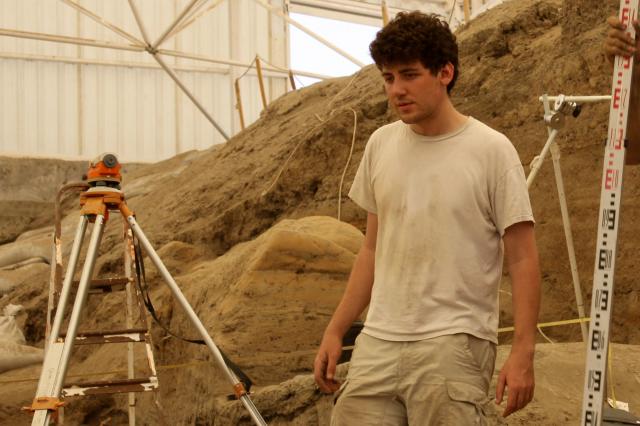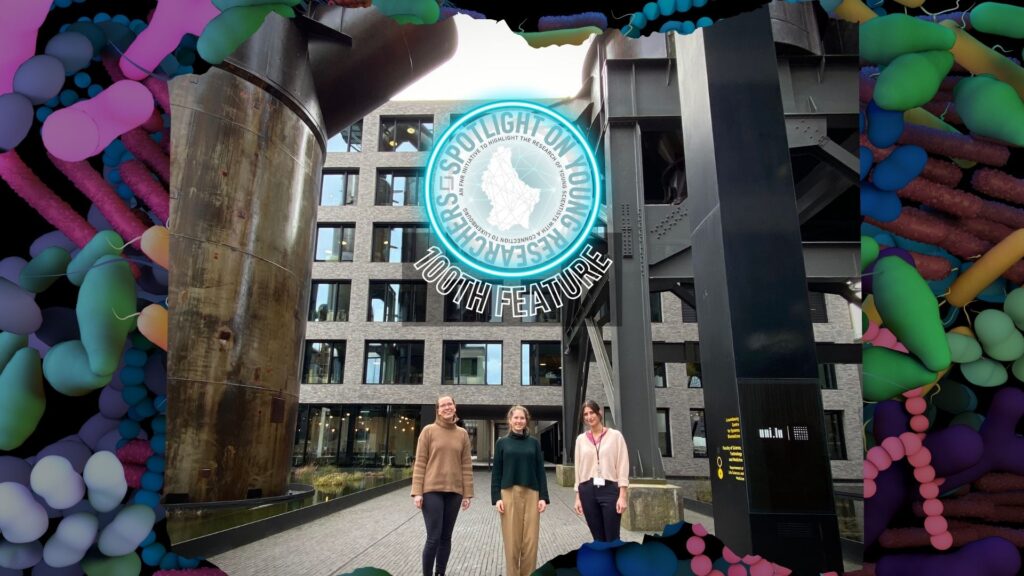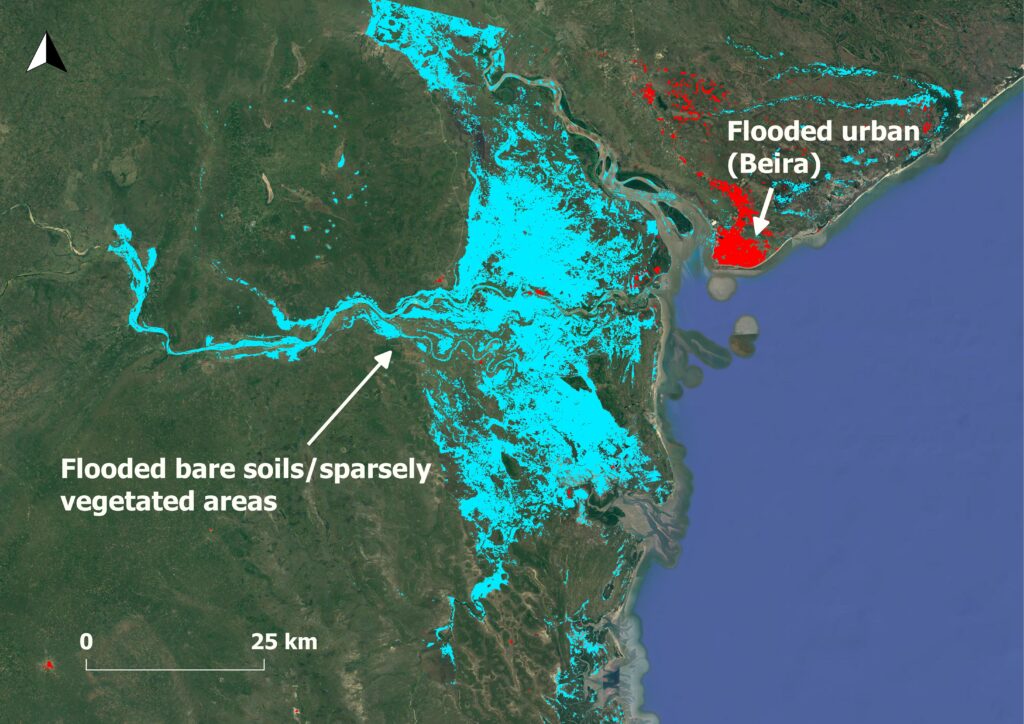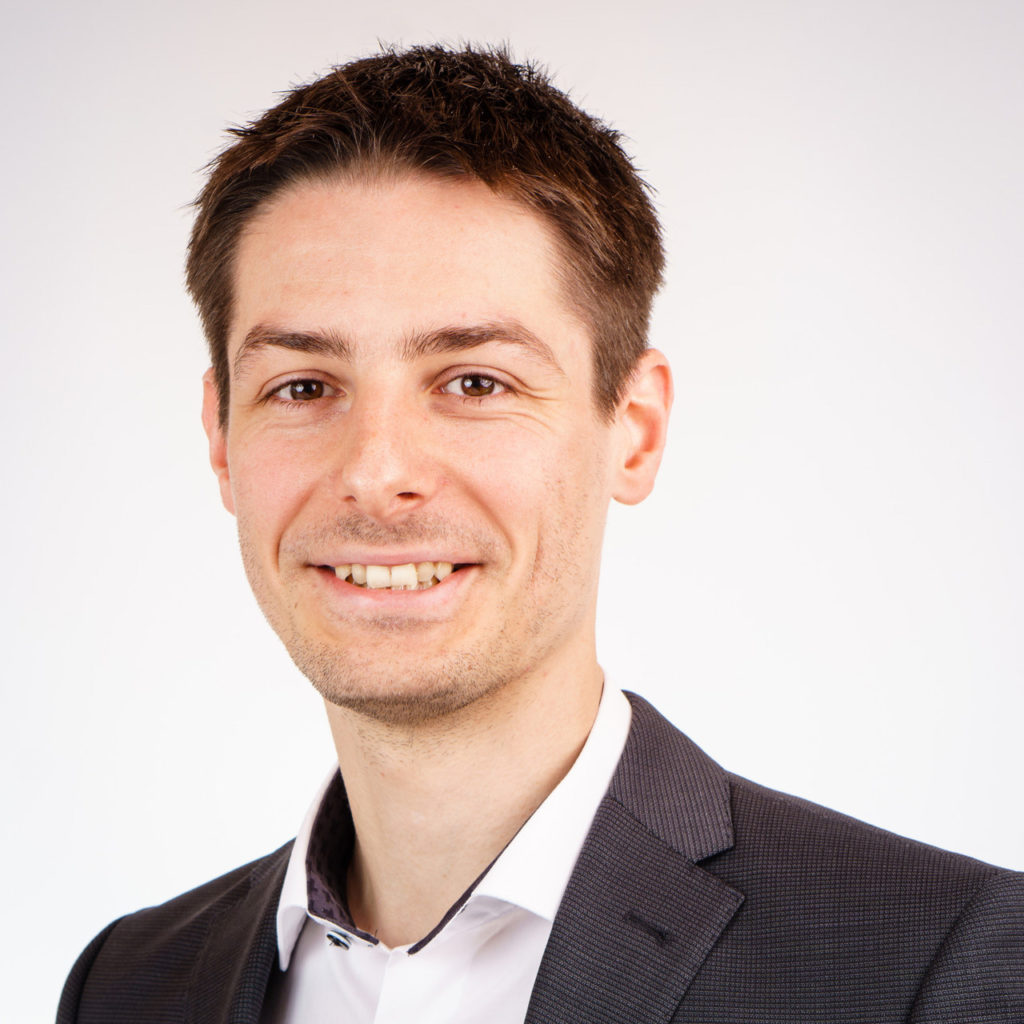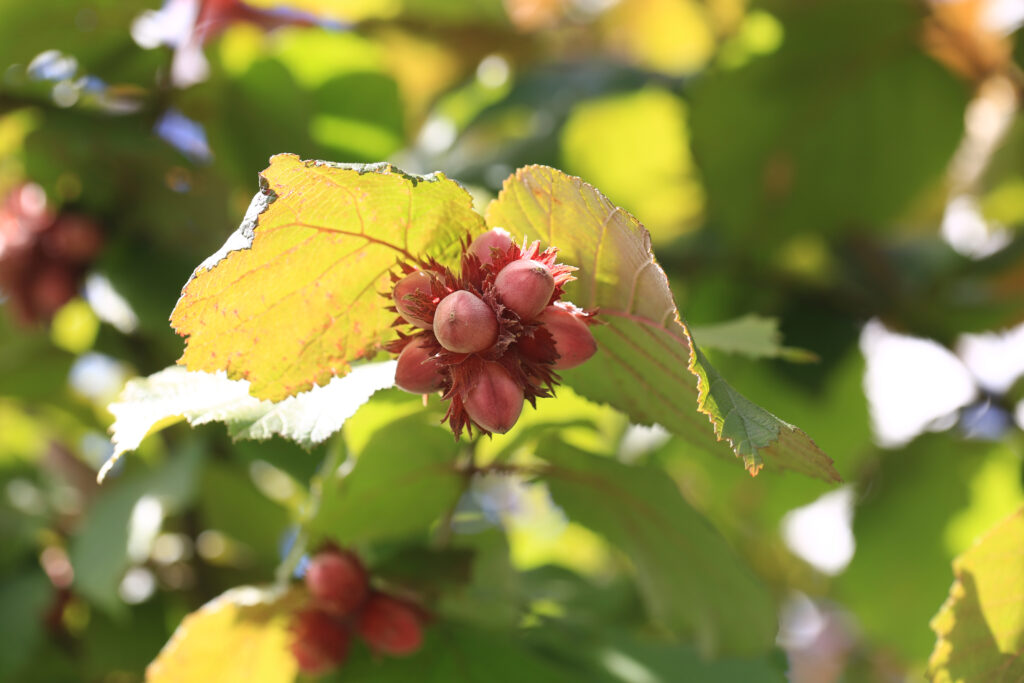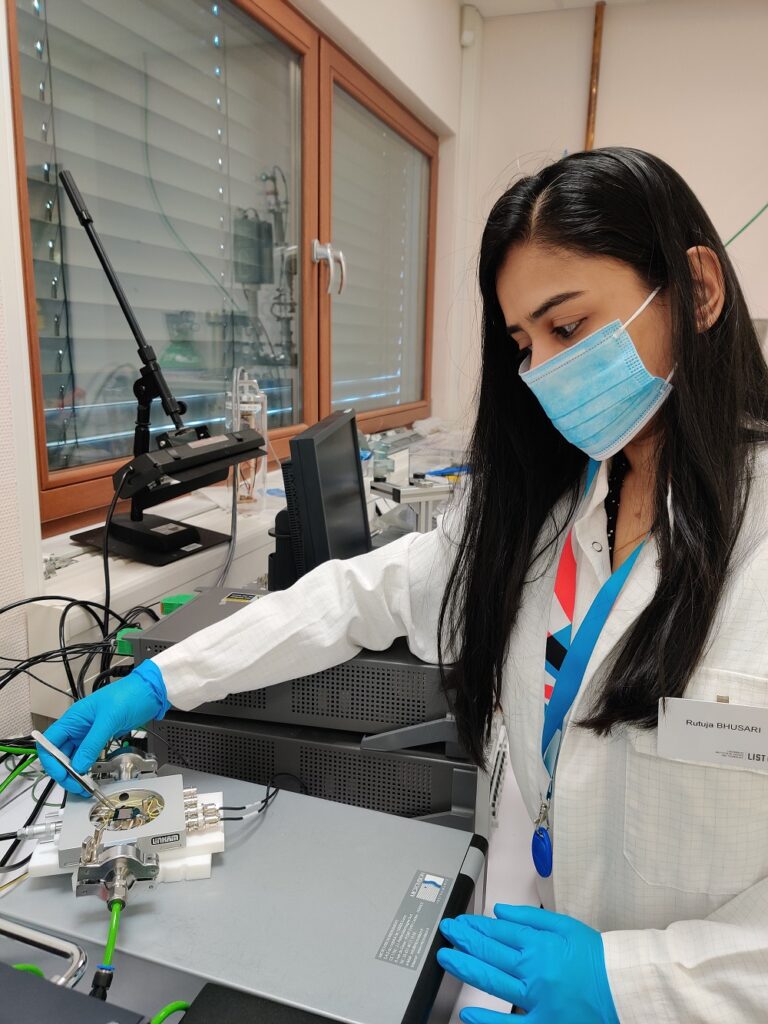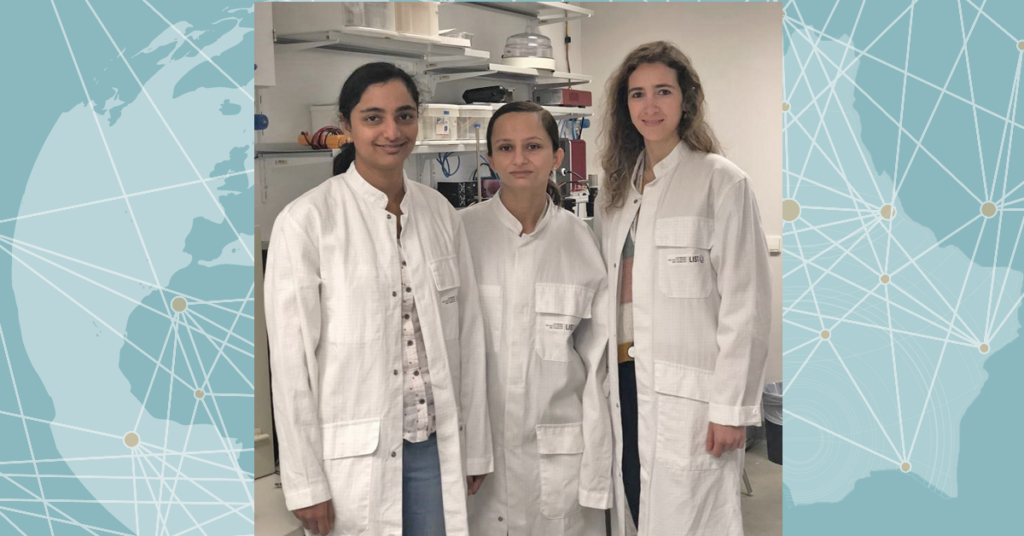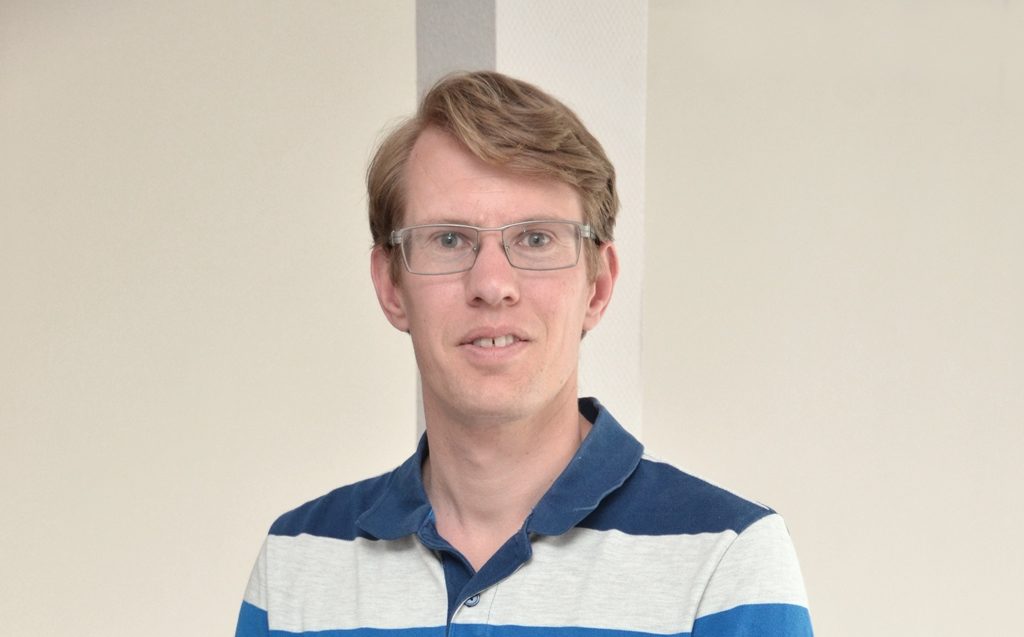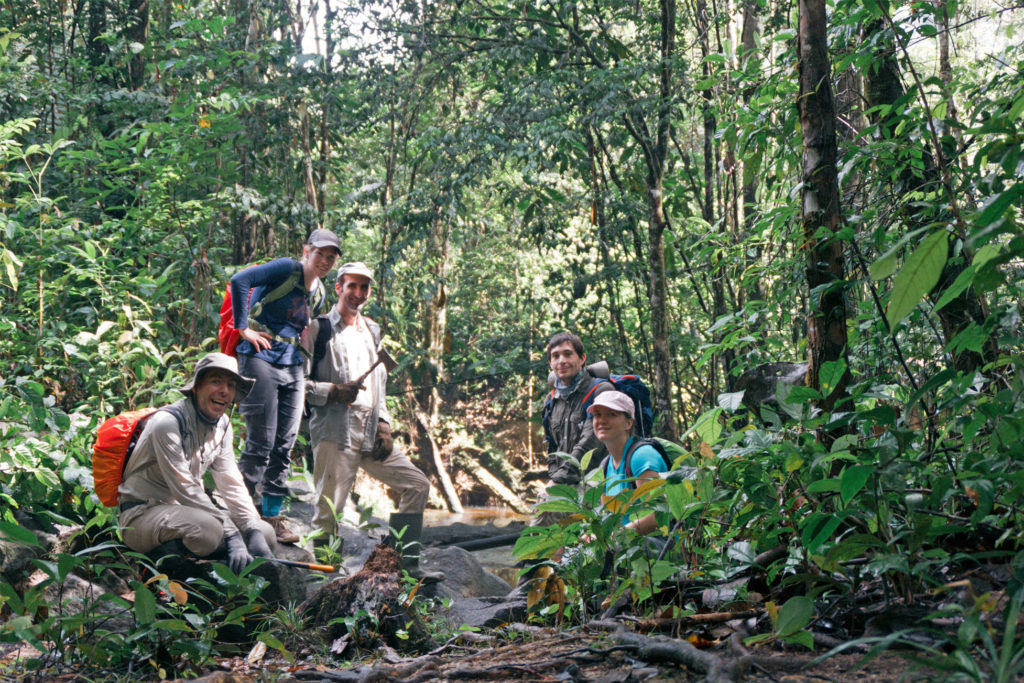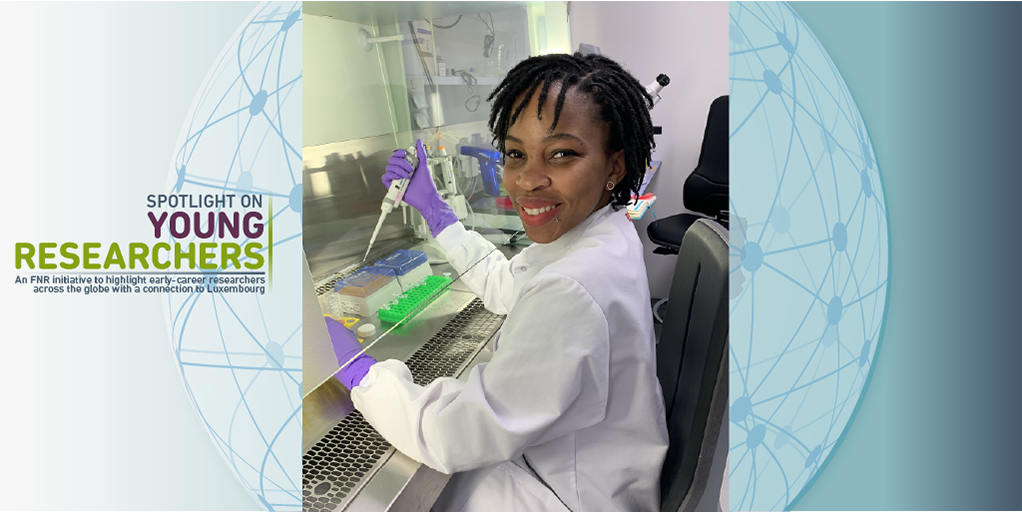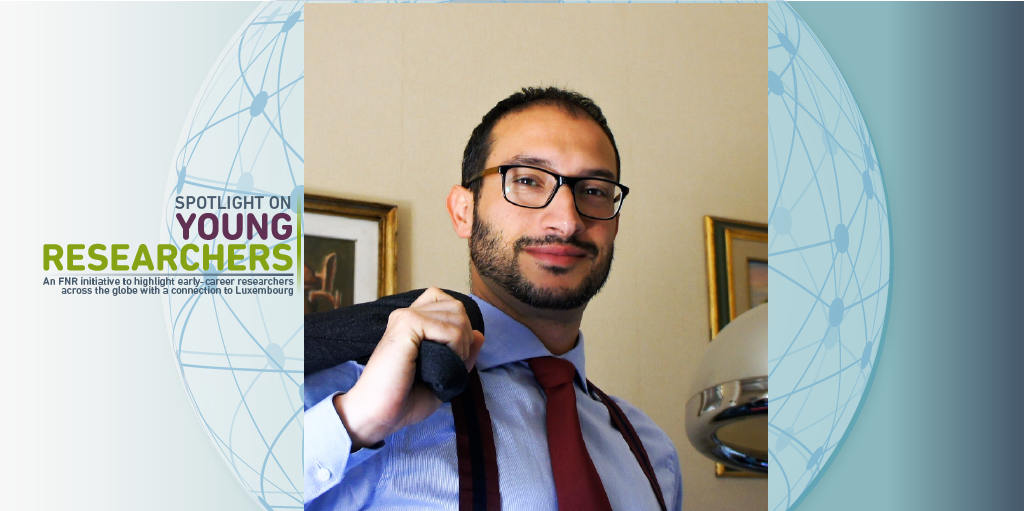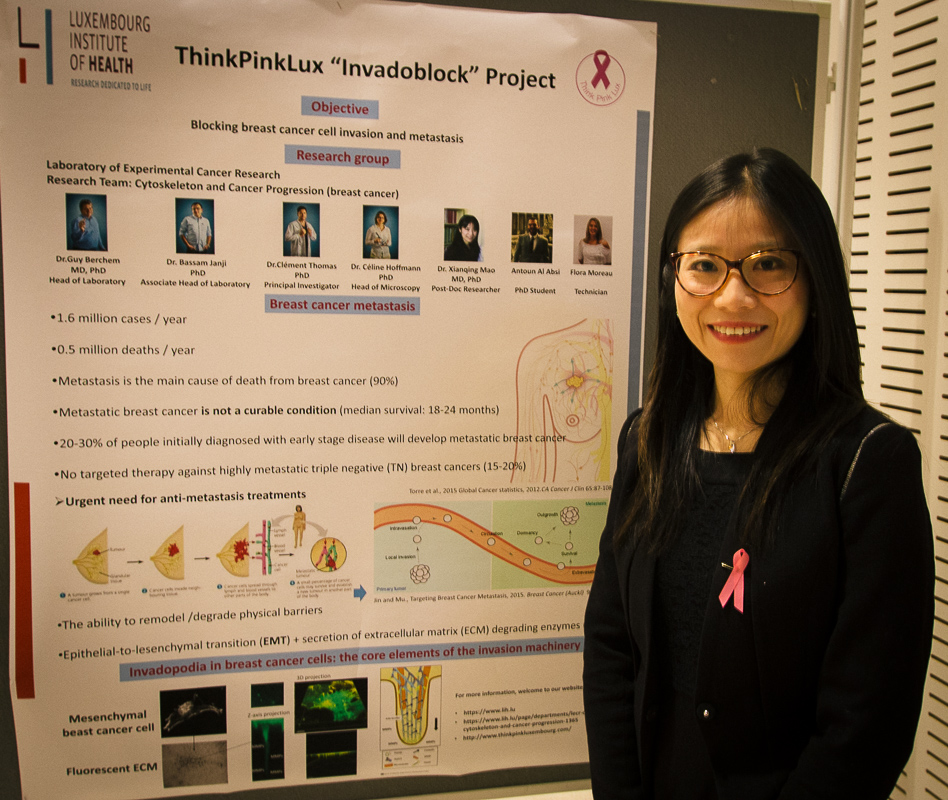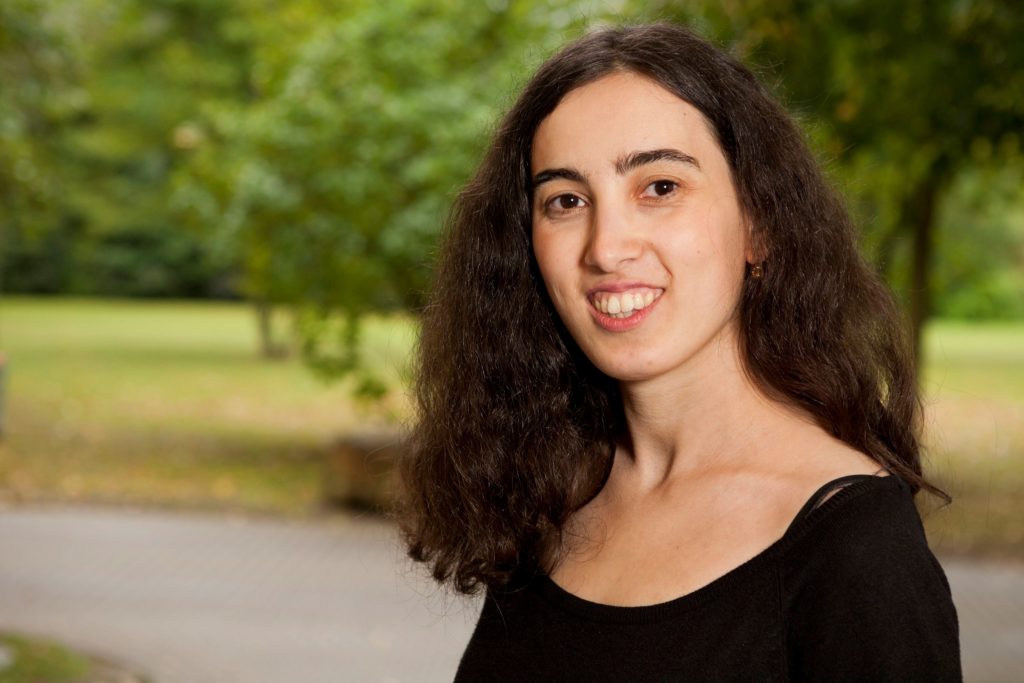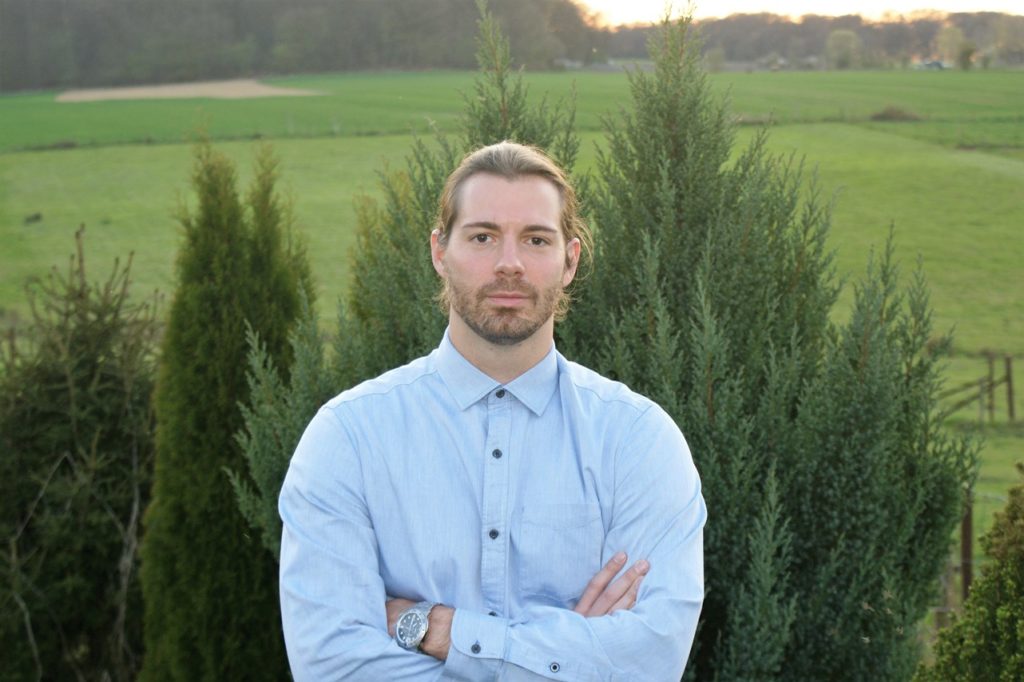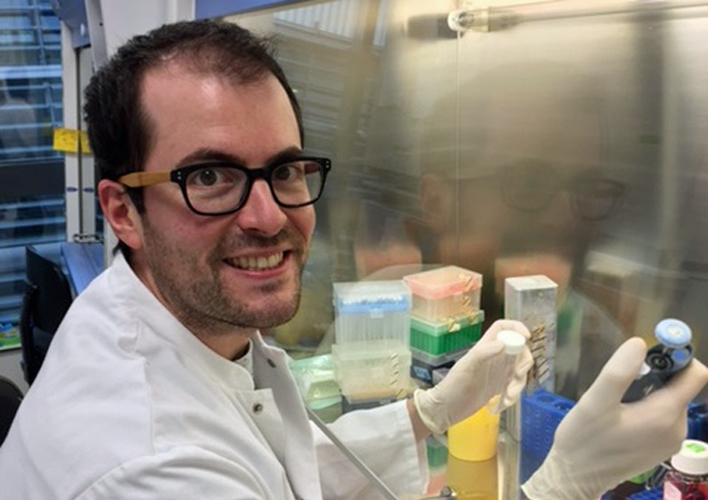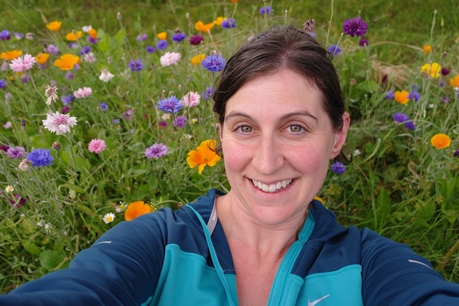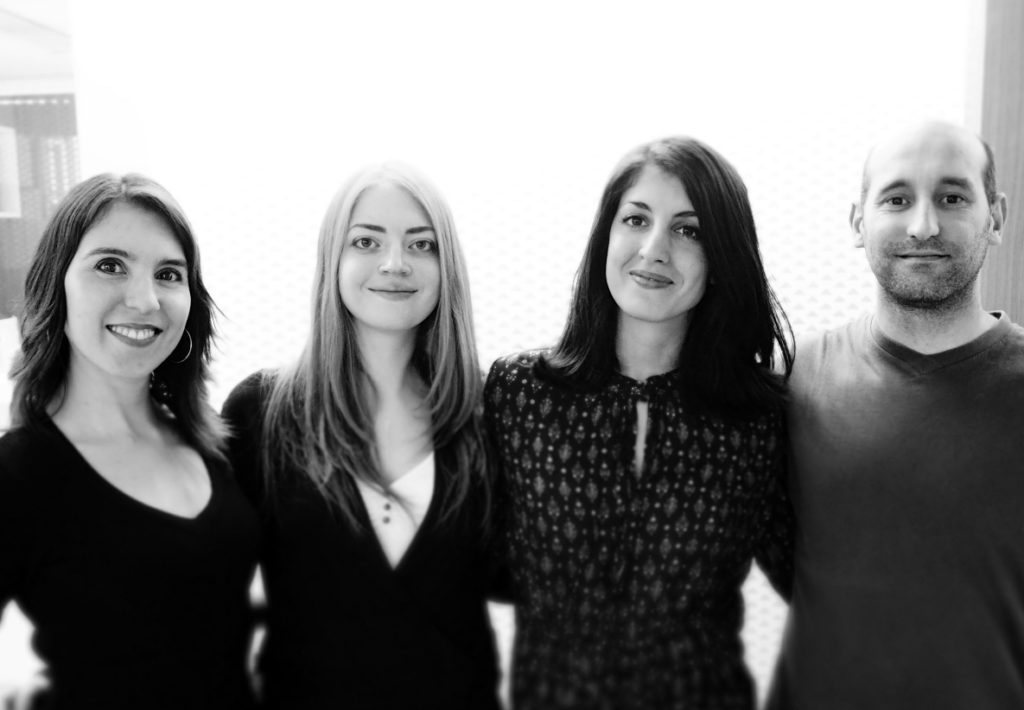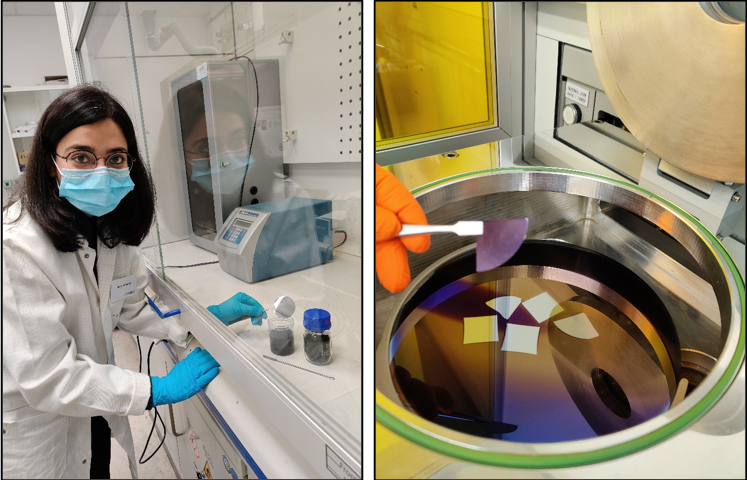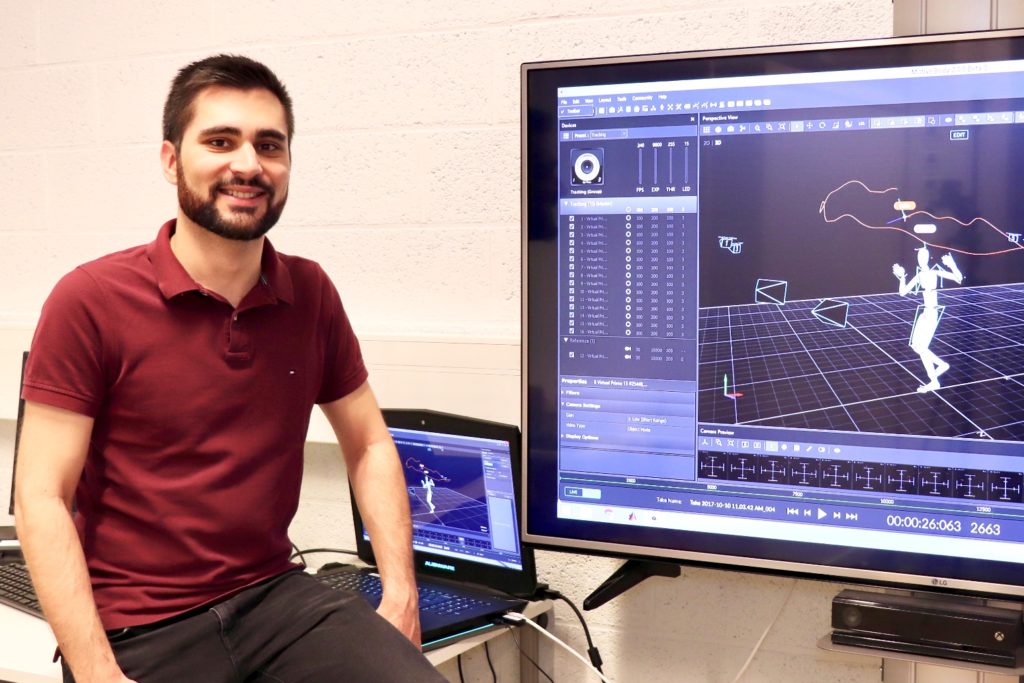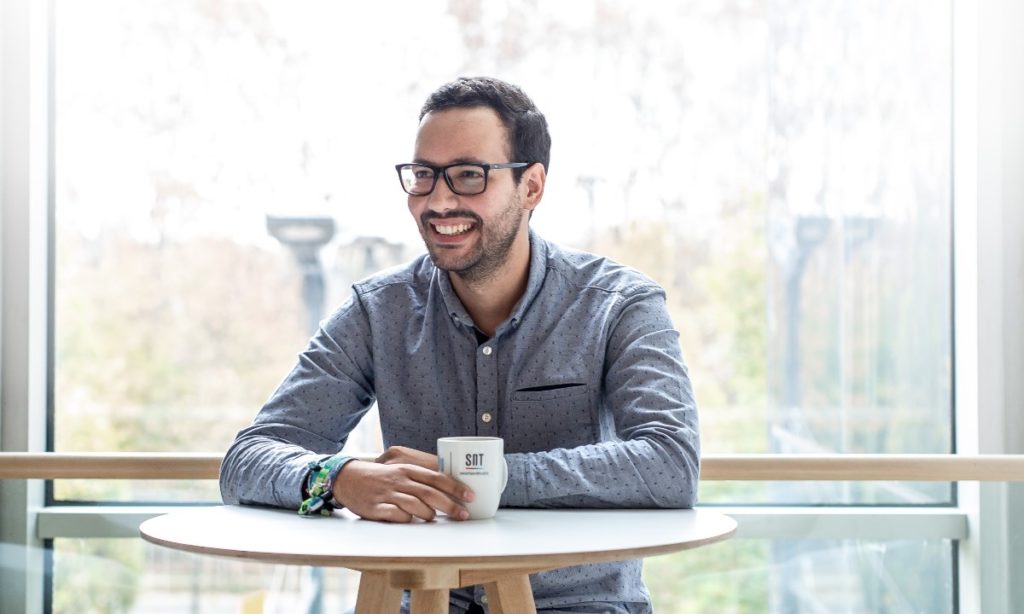Industry and research join forces on many fronts, including the sustainable use of natural resources. Postdoc Claudio Petucco works on developing a decision support system for enhancing and assessing the provision of forest ecosystem services. The goal: improving the sustainable use of natural resources in Luxembourg.
Forest ecosystems are crucial for the wellbeing of society: Wood provision, climate regulation, carbon sequestration[1], along with biodiversity protection and recreation – all are so-called forest ecosystem services. Traditionally, forests have been managed for timber production, which has often limited the provision of other ecosystem services.
Italian researcher Claudio Petucco’s research experience covers the sustainable use of forest resources, the economic valuation of ecosystem services, and the economic analysis of natural disasters and risks, recently joined by the assessment of sustainable finance instruments.
Based at the Environmental Research and Innovation (ERIN) Department at LIST, Claudio is working on a project in close collaboration with land use company Luxplan – a major player in forest management and planning in Luxembourg.
Improving the sustainable use of natural resources in Luxembourg
The project aim is to develop a decision support system to help forest managers identify the local needs of ecosystem services, suggesting best practices to enhance their provision, while also assessing the future provision of ecosystem services. The goal: improving the sustainable use of natural resources in Luxembourg.
Claudio has a grant from the FNR’s Industrial Fellowships programme, which enables researchers to work with an industry partner, while giving the industry partner access to the specific expertise of the scientist.
“Via the collaboration with a researcher, the company has the chance to take a step back from the daily routine and analyse their work from a different angle. On the other hand, the researcher has the unevaluable advantage of working in close cooperation with industry experts who have a more pragmatic approach and years of field experience,” Claudio explains.
Physically, Claudio splits his time between LIST and Luxplan, depending on what task he is working on:
“When I am coding and developing the decision support system, I prefer to work at LIST because I can exchange with fellow researchers, have IT support and access internal databases.
“However, before and after the coding phase, it is fundamental to sit and discuss with Luxplan forest engineers, to understand their needs, have feedback on the current development and plan the next steps. In some cases, Luxplan engineers work in parallel to provide me inputs such as maps, soil analysis, silvicultural knowledge and information on the Luxembourgish legal framework concerning forests.”
A project with instant real-world application
The ‘Administration de la nature et des fôrets’ is also actively engaged in the project, with the aim to test the suggested improvements to forest management practices on a national level.
“The software of the system will be able to simulate a set of user-defined management actions improving the provision of ecosystem services – such as promotion of broadleaved species, retention of habitat trees – and compare it with the ‘business as usual’,” Claudio explains, adding:
“The forest manager will then be able to evaluate alternative management actions by looking at quantitative indications of the ecosystem, as well as the direct and indirect management costs.”
Research with private partner – high expectations
Claudio uses an anecdote to summarise working with his industry partner:
“When I see a python code with several differential equations, I can see a forest that is growing and providing ecosystem services. Only when I am in the forest with the Luxplan experts, however, do I truly understand what that really means and grasp the role of each factor involved.”
Comparing working with an industry partner with working in academia, Claudio explains it is more challenging to work with a private partner – the expectations of the level of detail are high:
“A gross average value for the ecosystem services provided is not enough to meet the needs of a company like Luxplan. Precise estimations are expected and these are possible only through complex models providing a detailed representation of the ecological processes behind the provision of ecosystem services.
“Second, the computing time of the tool has to be reasonably low. Time is a precious resource for a private company and results have to be available within a reasonable timeframe. Combining and finding the right trade-off between computing time and model complexity may be the most challenging task in a public-private research project.”
Ecosystem services, an up and coming area of interest for private companies
Talking about his previous research, Claudio points out that his research before his current Postdoc has been within or in collaboration with public research. Luxplan being a private company, Claudio has made an interesting observation about where the interest in ecosystem research comes from:
“Public funding has traditionally driven the research in the field of ecosystem services and sustainable natural resource management. However, I see an increasing interest of private companies looking for new opportunities in this emerging sector, such as the schemes of payment for ecosystem services or the instruments of sustainable finance.”
Biggest challenge in the field: Avoiding overexploitation
Ecosystem services are crucial and using them sustainably a challenge. The problem: they are public goods – everyone profits, nobody pays.
“Think for instance at the air purification or the carbon sequestration provided by forests: Society enjoys these for ‘free’ and forest owners do not receive compensation. Currently, there are few incentives to enhance forests’ ability to provide these ecosystem services. It is generally more profitable – from the forest owner’s standpoint – to focus on the also important timber production. This, however, means risk of under provision of air purification or carbon sequestration.
“If we could quantitatively assess the ecosystem services provided, estimate the cost of provision and quantify their total economic value, it would be possible to create fair markets for these services and avoid this ‘tragedy of the commons’.”
Claudio explains that his current project with Luxplan aims to contribute to the development of a process of payment for ecosystem services schemes by addressing quantitative assessment and cost estimation.
[1] Carbon sequestration = Carbon sequestration, the long-term storage of carbon in plants, soils, geologic formations, and the ocean. Source / more info: Britannica
Claudio got his PhD from AgroParisTech in Nancy (France) at the Laboratory of Forest Economics (today known as BETA) – a mixed research unit between INRA, a public research institute, and AgroParisTech, an engineering school. In his thesis, he coupled economic and ecological models (often referred as bioeconomics) in order to estimate the costs of forest pests and pathogens and inform the best management practices to responds to these biotic hazards. In parallel, he has been working on the economic valuation of ecosystem services at both the forest and urban levels, within the framework of different European projects (Newforex, Nature4Cities).
“Together with other colleagues at LIST, I worked on the development of the decision support system NBenefit$, a web based tool assessing the benefits, co-benefits and costs of Nature Based Solutions in urban areas.
“In 2010, I won the price “Ricccardo Faini” for the best master thesis at the Economic Department of the Ca’ Forscari University of Venice (Italy). I am a member of the Ecosystem Service Partnership and, in 2018, I was appointed country representative for Luxembourg for the COST Action PESFOR-W, whose goal is to combine practical, expert knowledge and financial sectors, to improve the design and environmental effectiveness of Woodlands-for-Water (W-for-W) payment for ecosystem services.
“I have published eight research papers in international peer-reviewed journals as the Journal of Forest Economics, Environmental Modelling and Assessment, Forest Ecology & Management and the Scandinavian Journal of Forest Research. My contributions include also to two book chapters and several working papers.”
Role model: Robert Constanza, founding father of ecological economics
“The first scientist I would like to mention is Robert Constanza, Vice-Chancellor’s Chair in Public Policy at the Crawford School of Public Policy at The Australian National University. He is considered the founding father of the discipline of ecological economics. His famous publication in Nature in 1997, ‘The value of the world’s ecosystem services and natural capital’ led to a wide range of research, policy, and applications on the concept of ecosystem services demanding fundamental changes in economic theory and practice, in order to achieve societal transformation to a sustainable future.
“His work played a major role in shaping my career and orienting my research interest towards ecological and natural resource economics.”
Role model: Georges Zaccour, wise words on game theory
“The second scientist is Georges Zaccour, who holds the Chair in Game Theory and Management at GERAD, HEC Montréal (Canada). I had the chance to attend his enlightening lectures on game theory during my PhD. With him, I learned the importance of analysing every situation, from a complex research question to a common daily problem, under the light of strategic thinking. Truly eye-opening!”
Role model: Stefano Magrini, a personal inspiration
“The last researcher I want to mention is Stefano Magrini who is Full Professor of Regional Economics at the Ca’ Foscari University of Venice (Italy). He is the person that inspired me in pursuing a research career. Working with him was one of the most enriching experiences from both a professional and personal standpoint.”
This was featured as a success story in the 2020 FNR Annual Report
About Spotlight on Young Researchers
Spotlight on Young Researchers is an FNR initiative to highlight early career researchers across the world who have a connection to Luxembourg. The campaign is now in its 5th year, with 60+ researchers already featured. Discover more young researcher stories below.
More in the series SPOTLIGHT ON YOUNG RESEARCHERS
- All
- Cancer research
- Environmental & Earth Sciences
- Humanities & Social Sciences
- Information & Communication Technologies
- Law, Economics & Finance
- Life Sciences, Biology & Medicine
- Materials, Physics & Engineering
- Mathematics
- Research meets industry
- Spotlight on Young Researchers
- Sustainable resource mgmt
- Women in science







